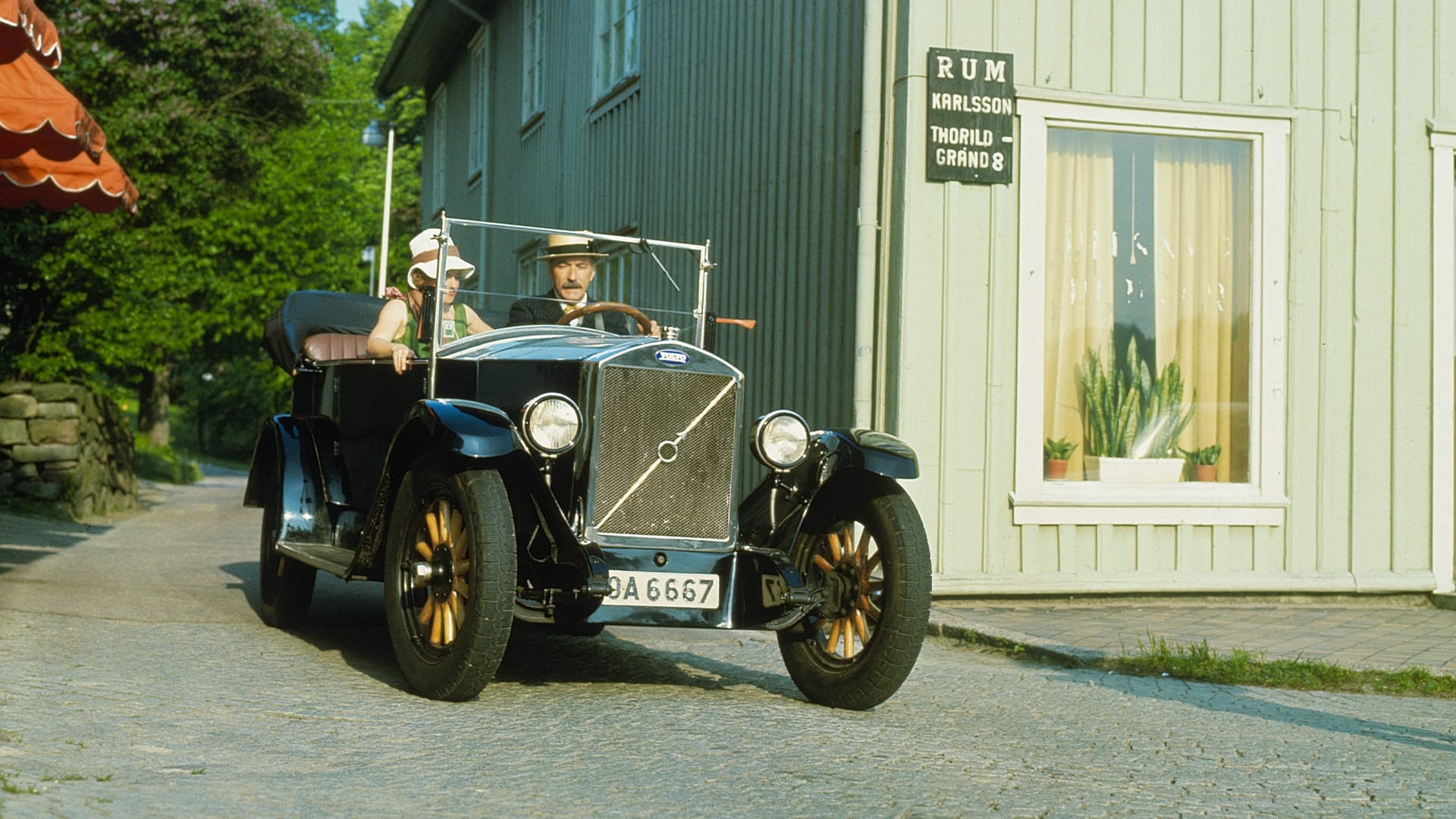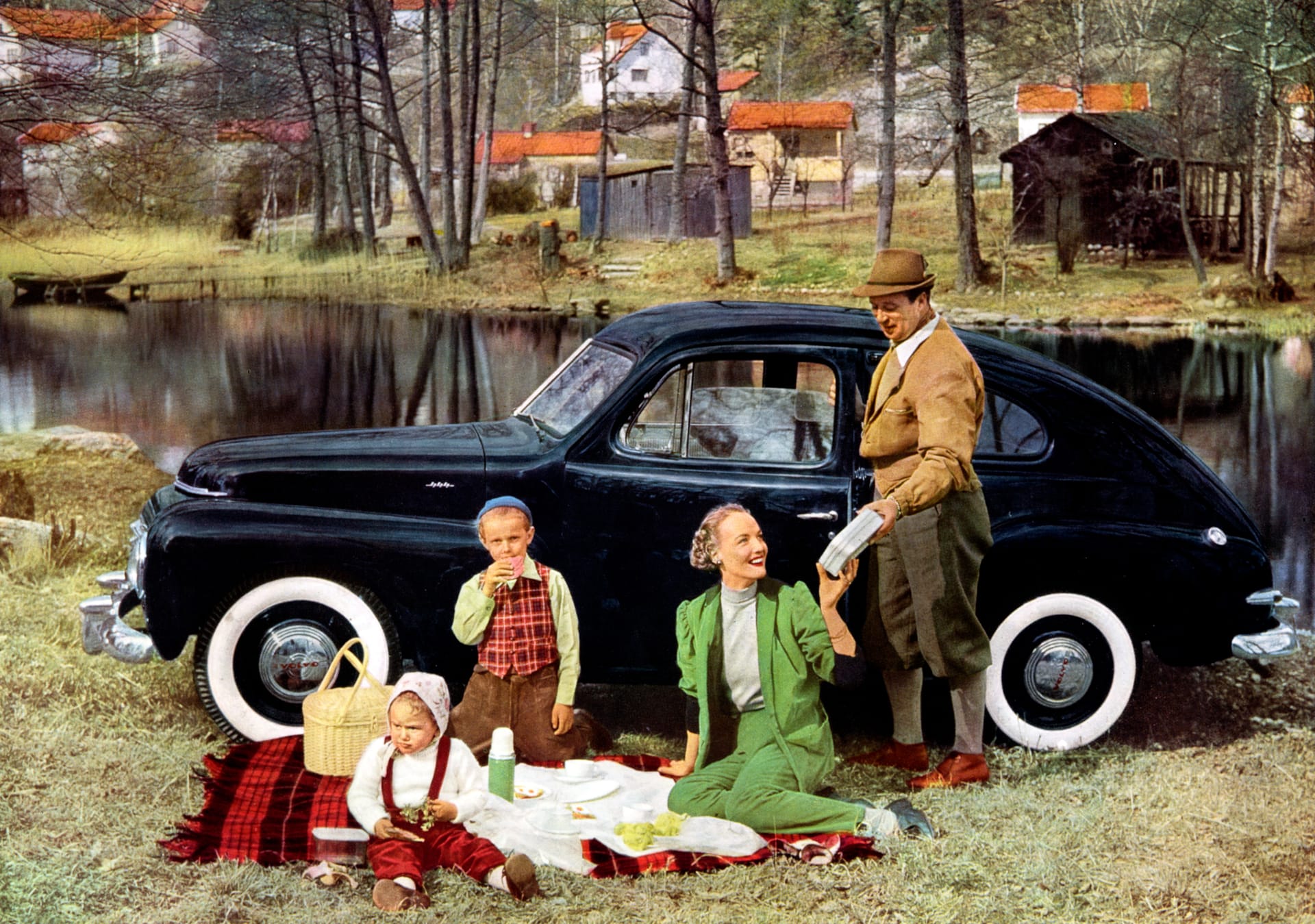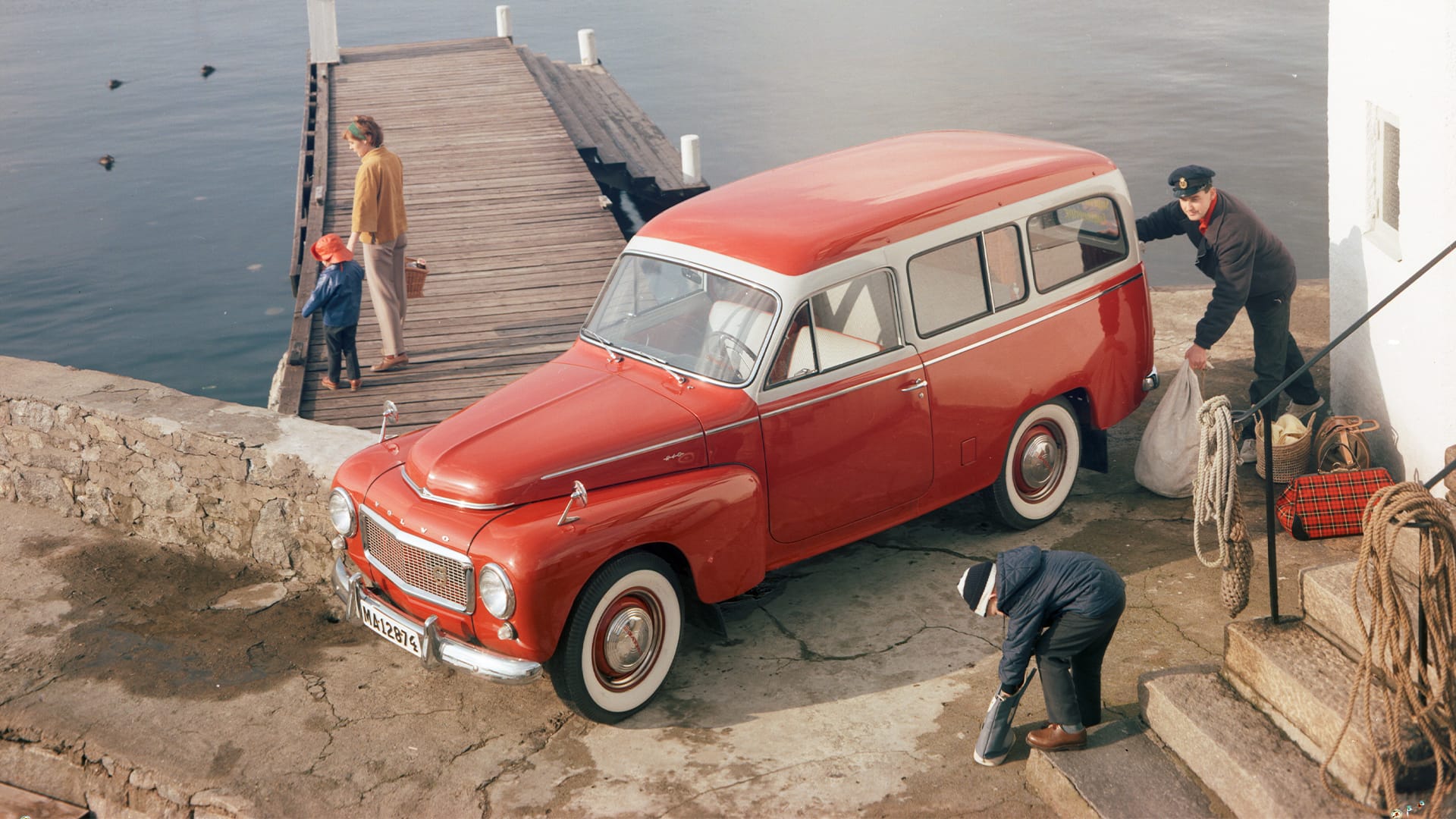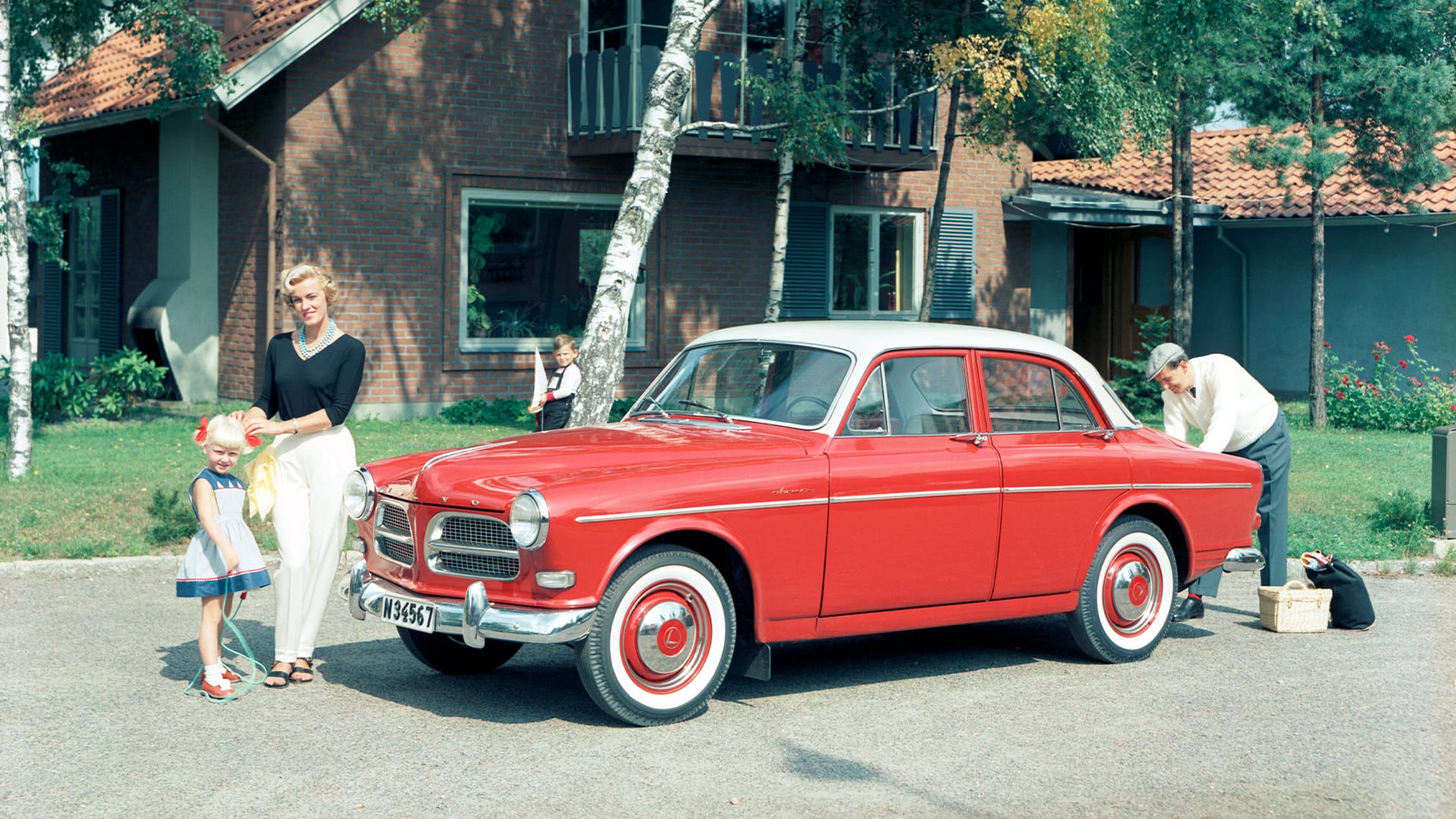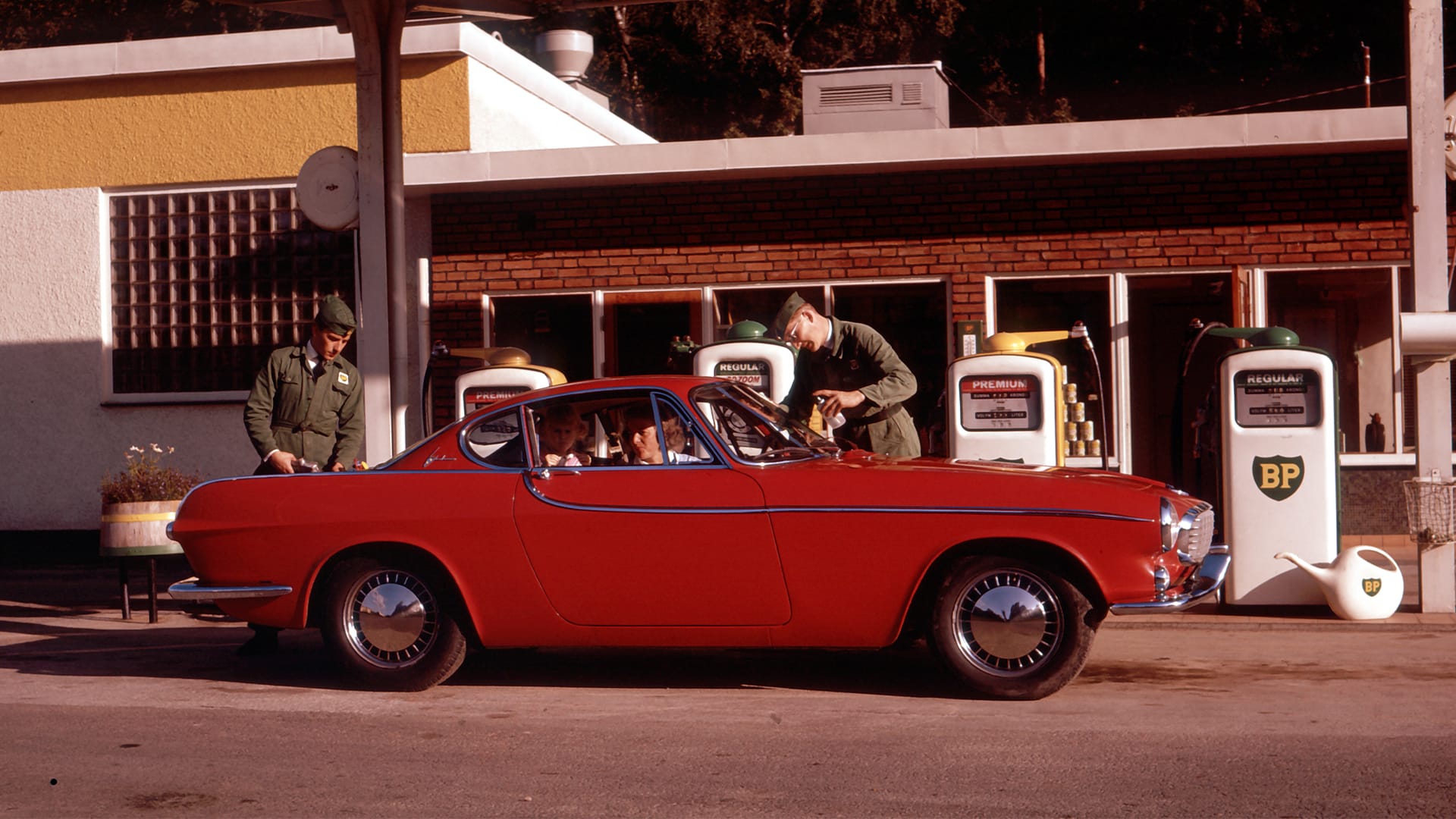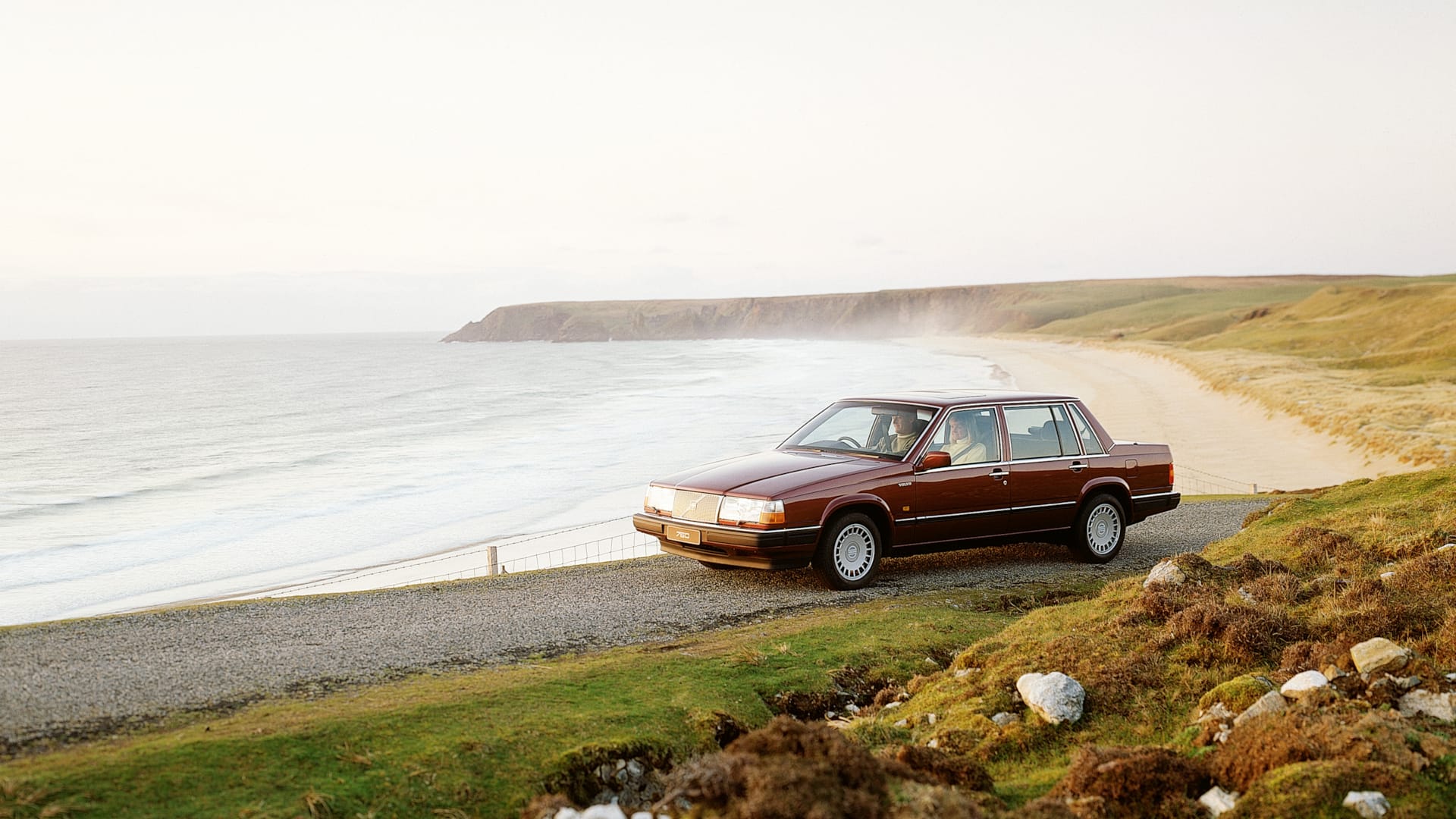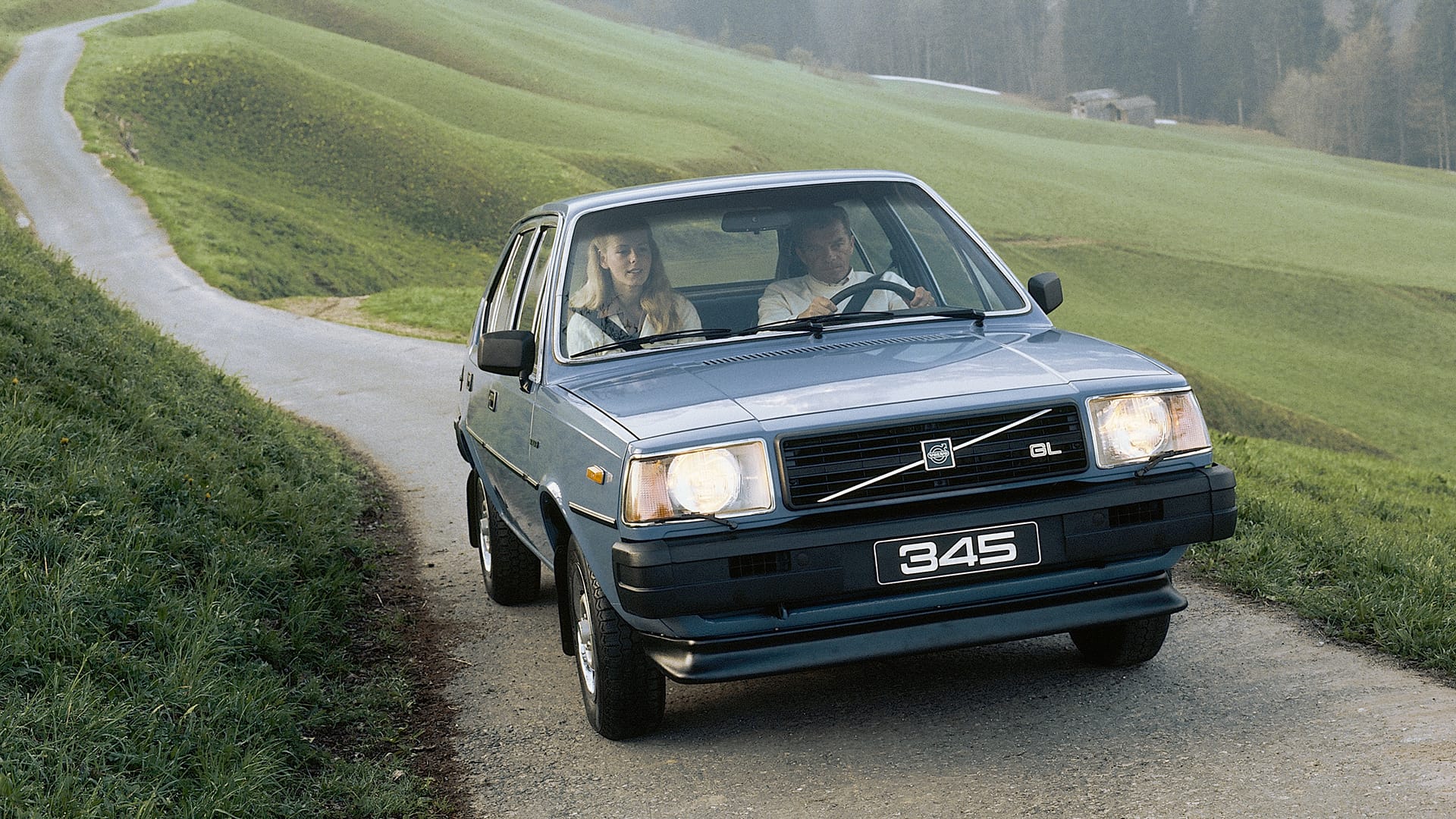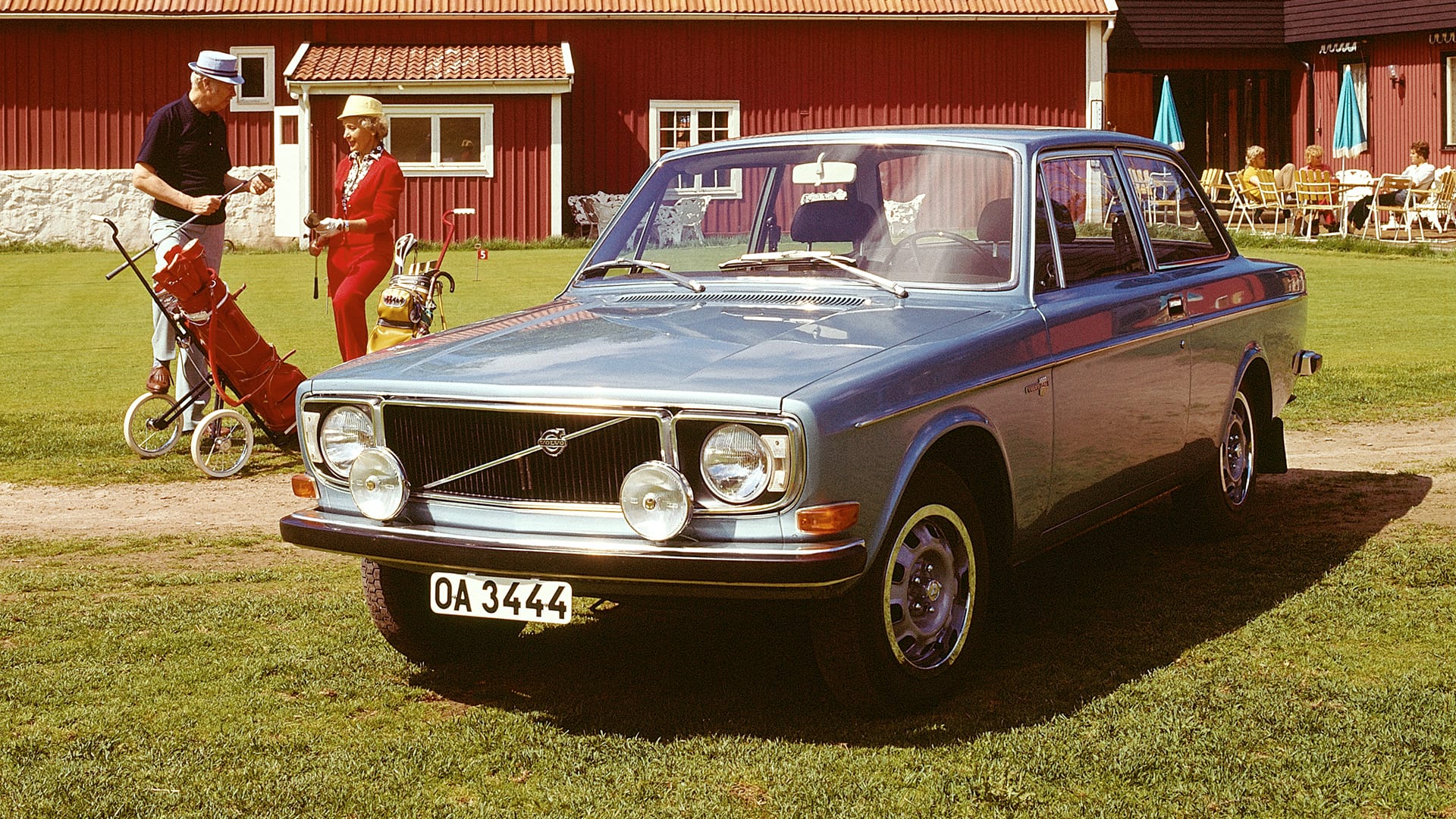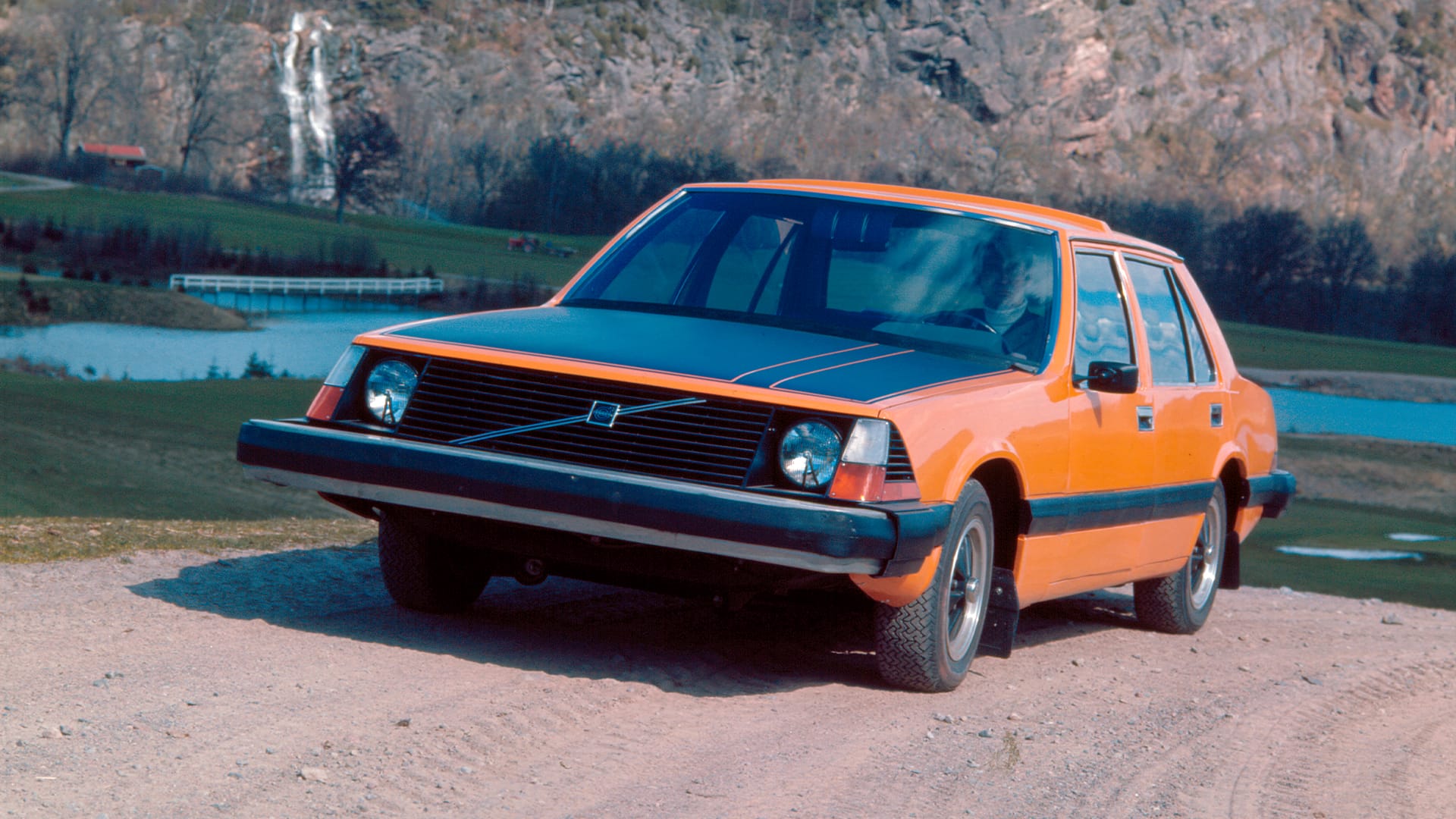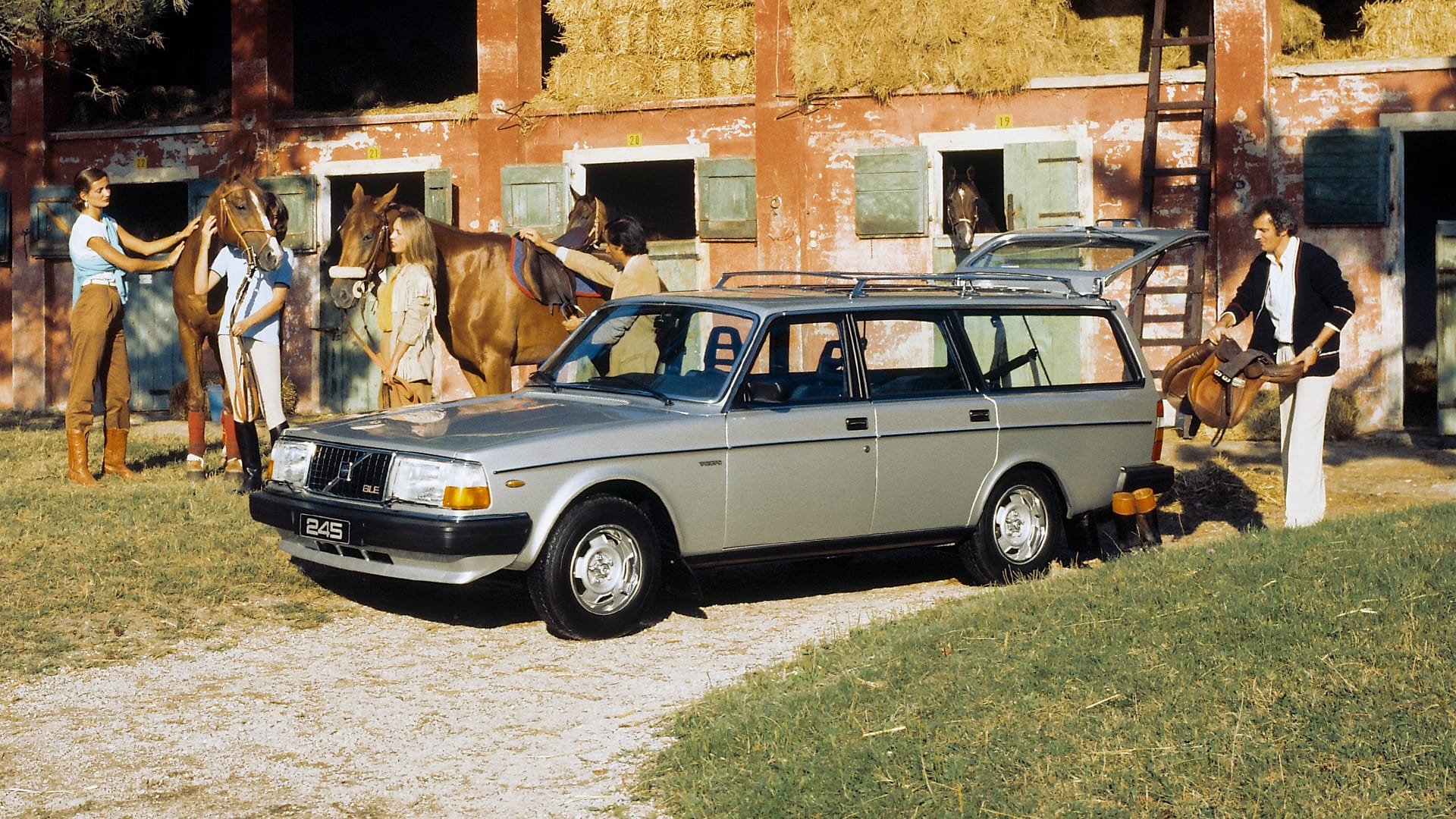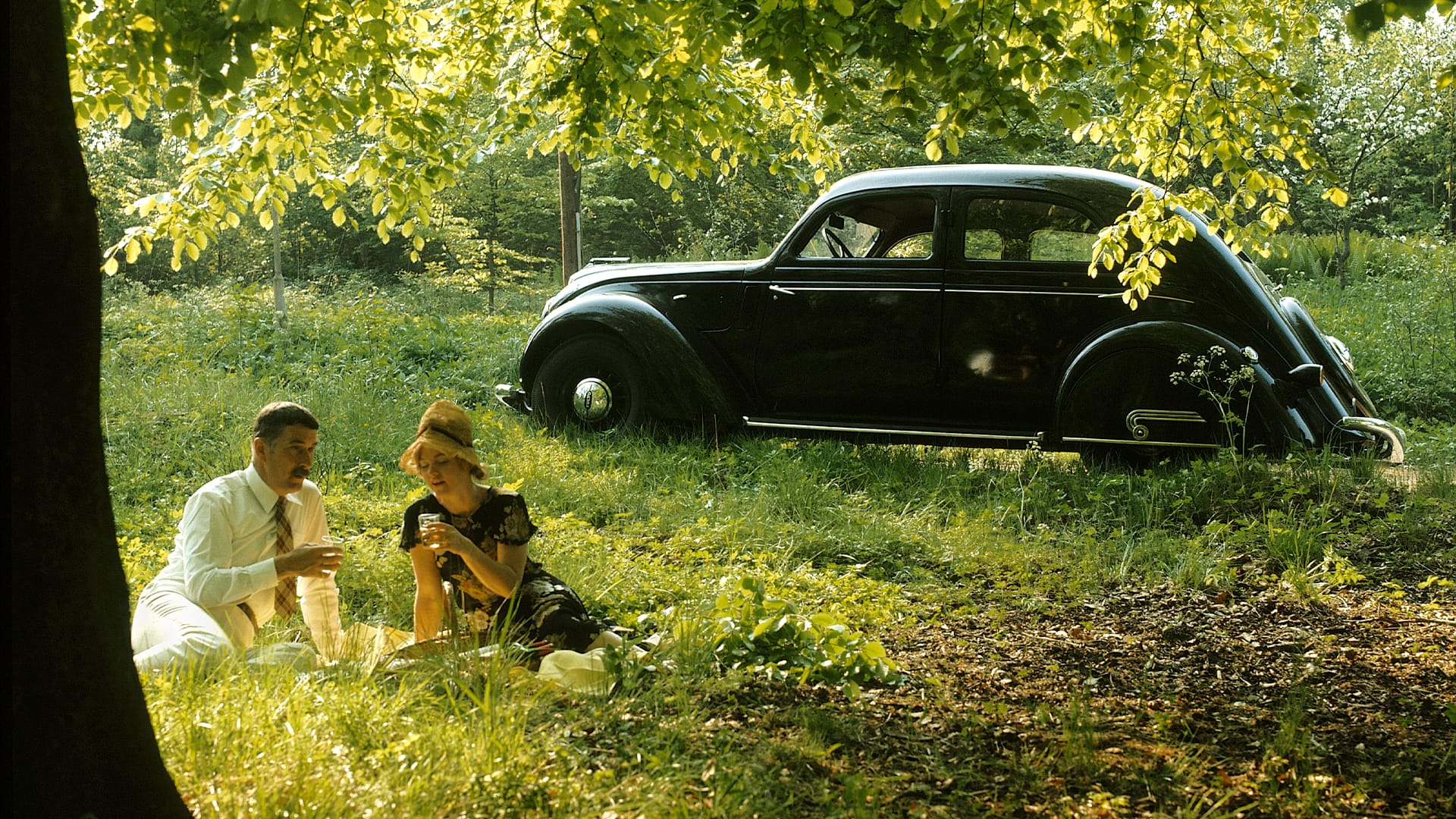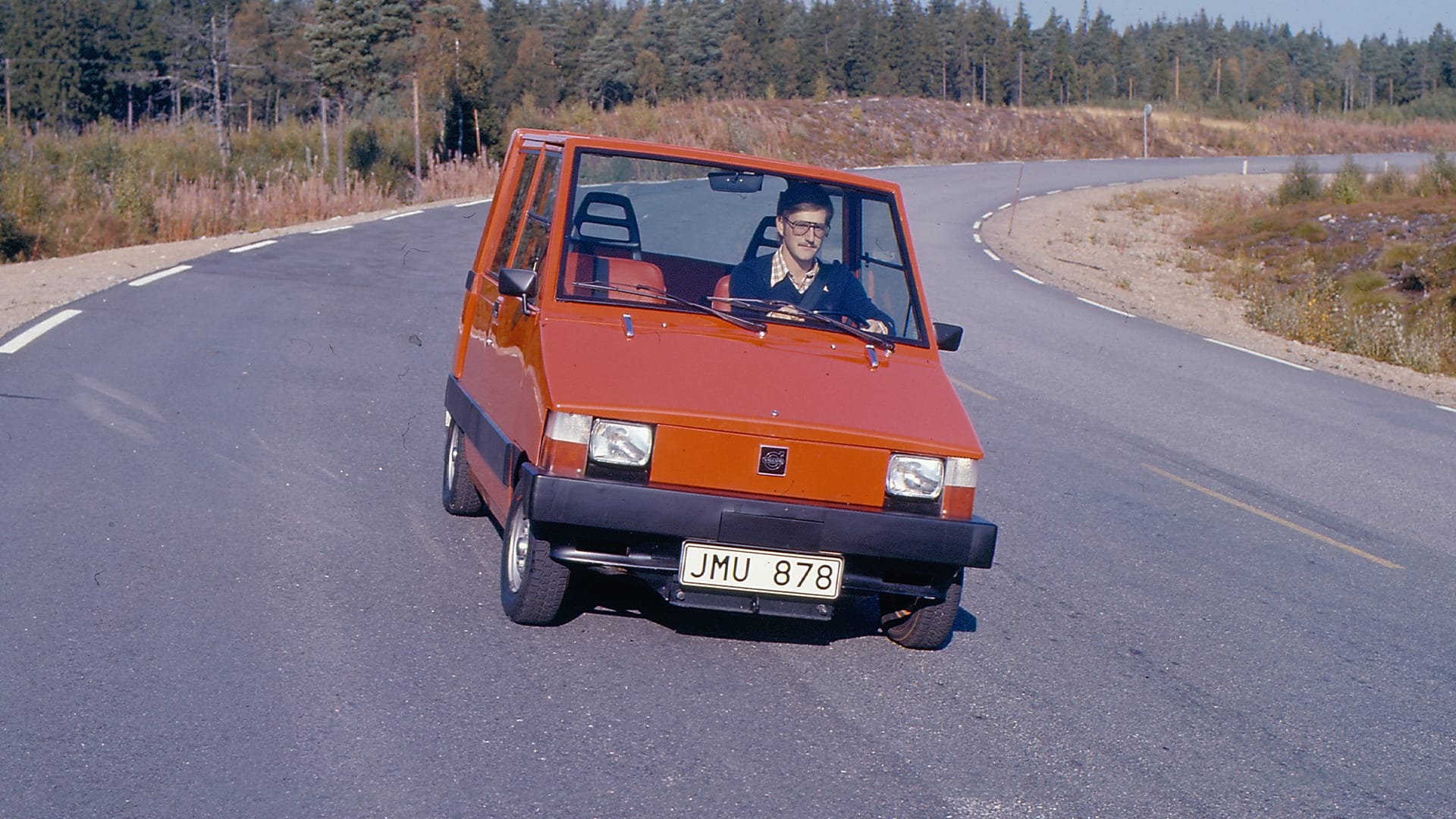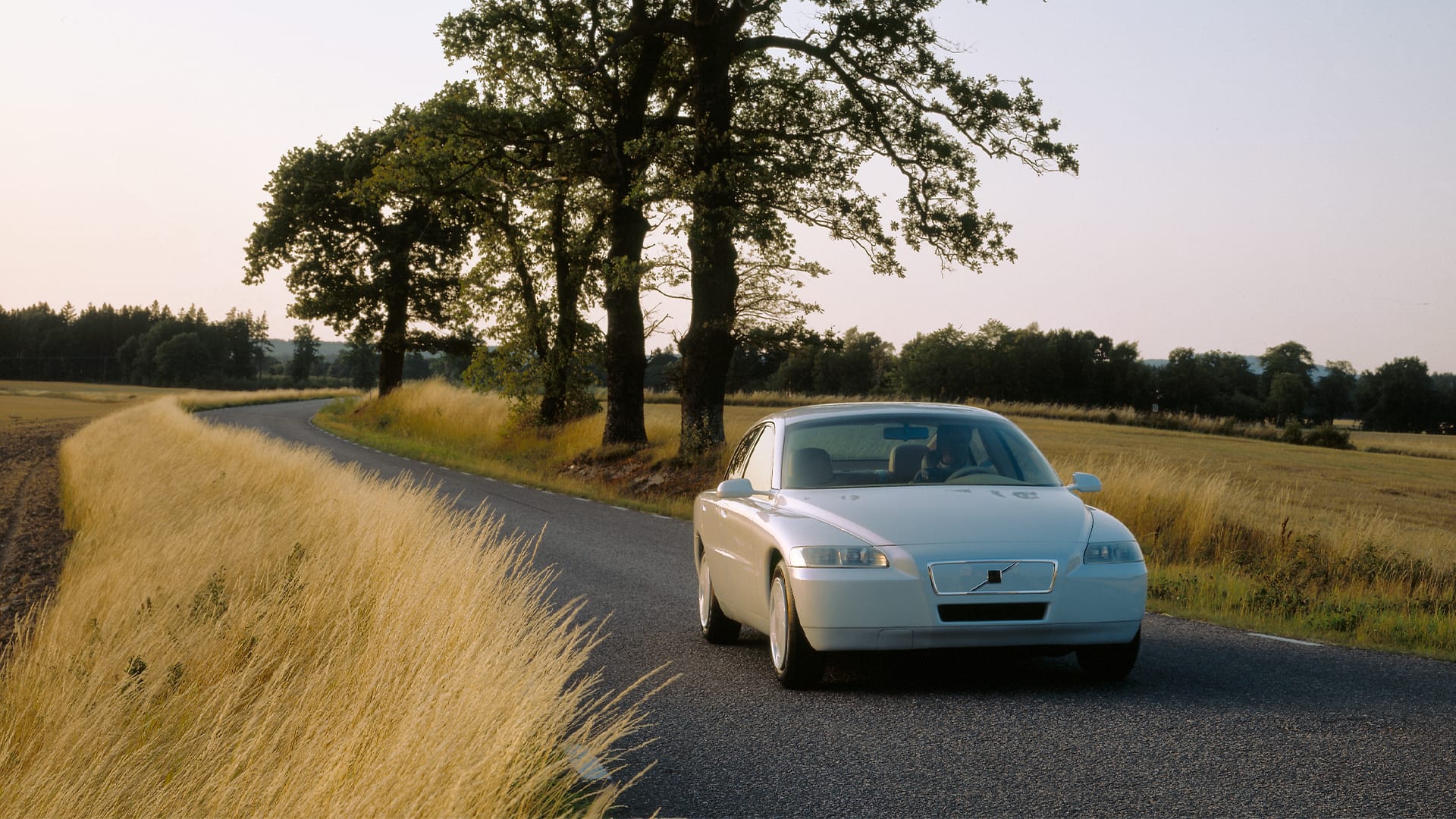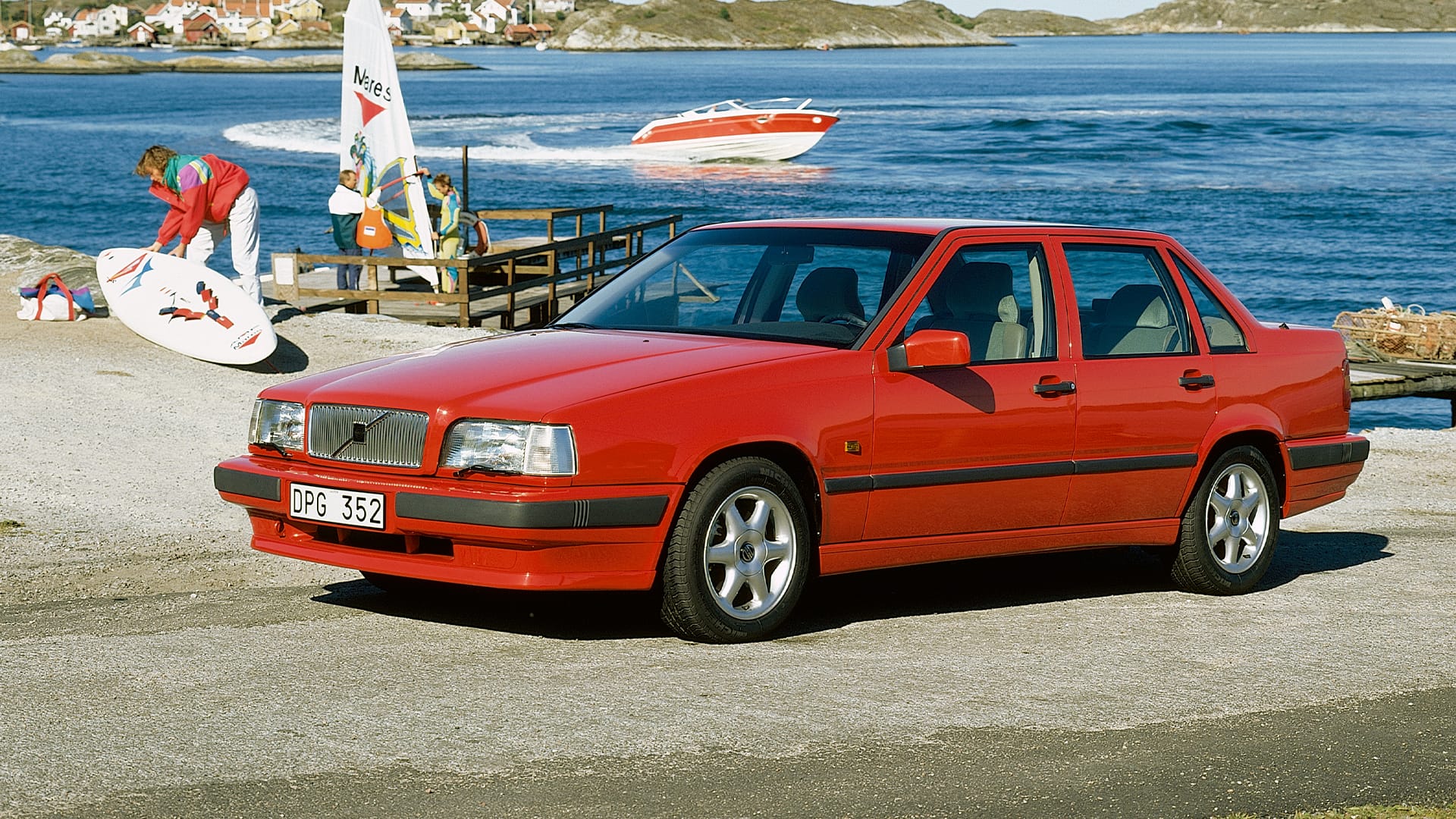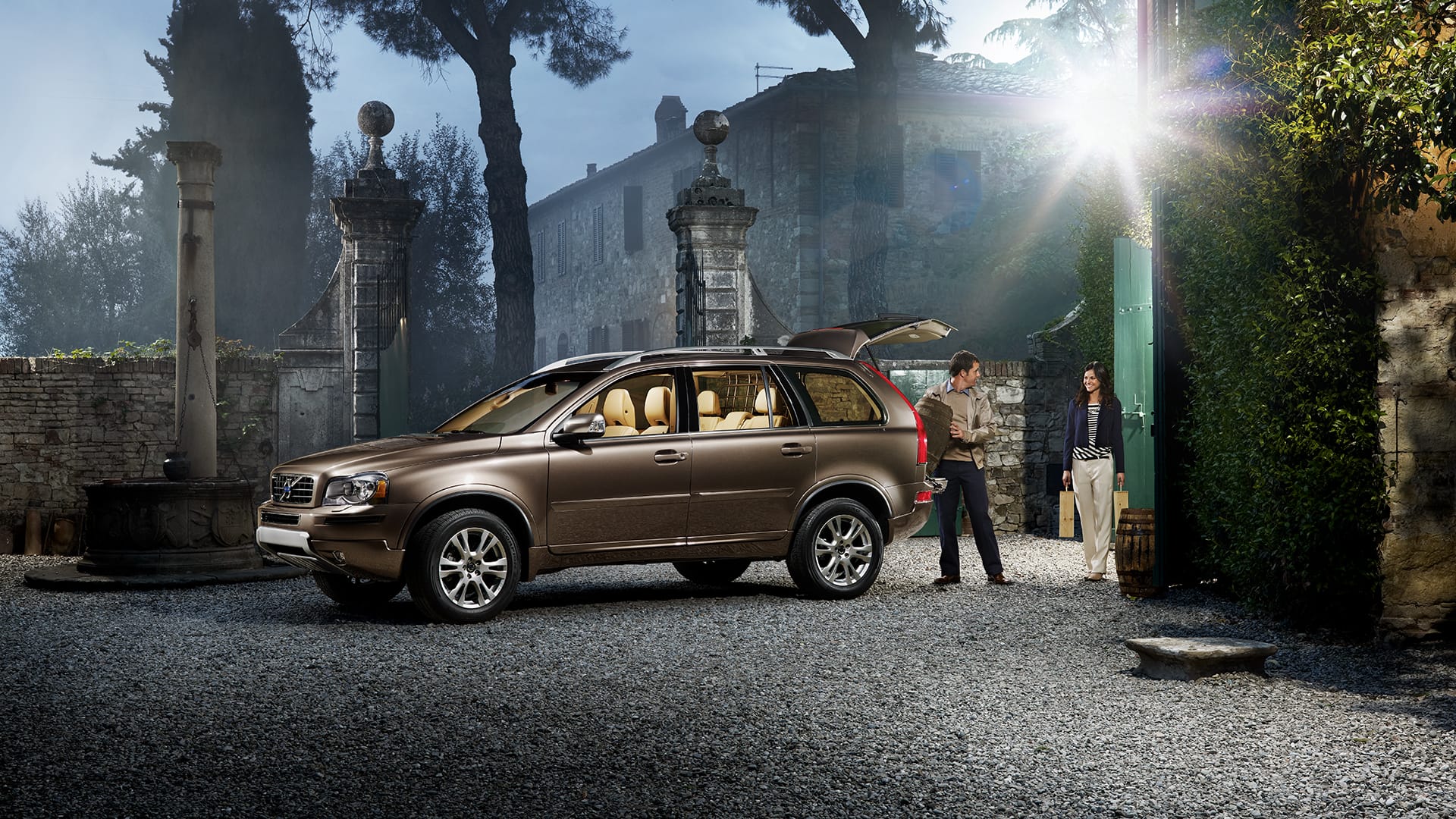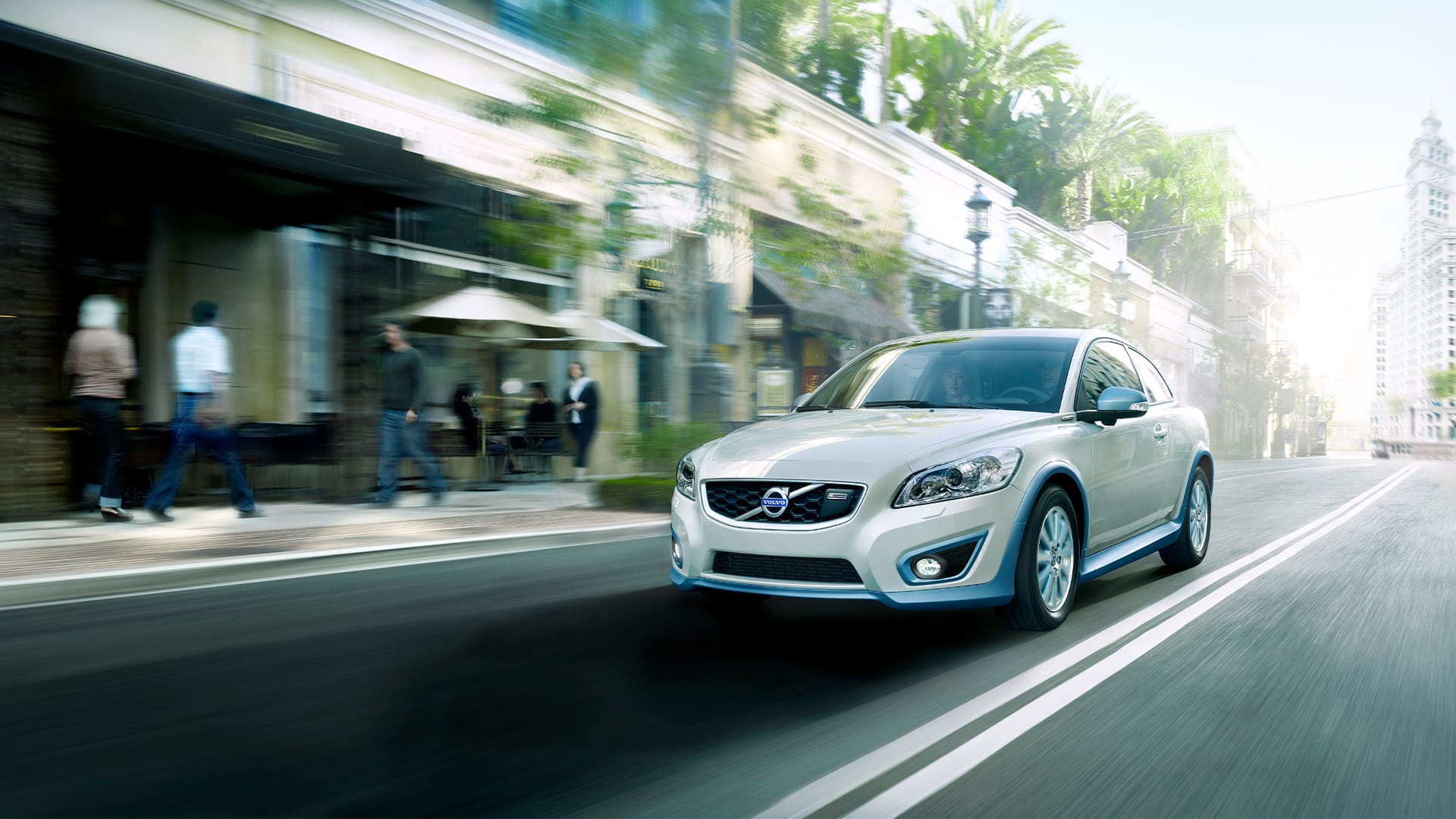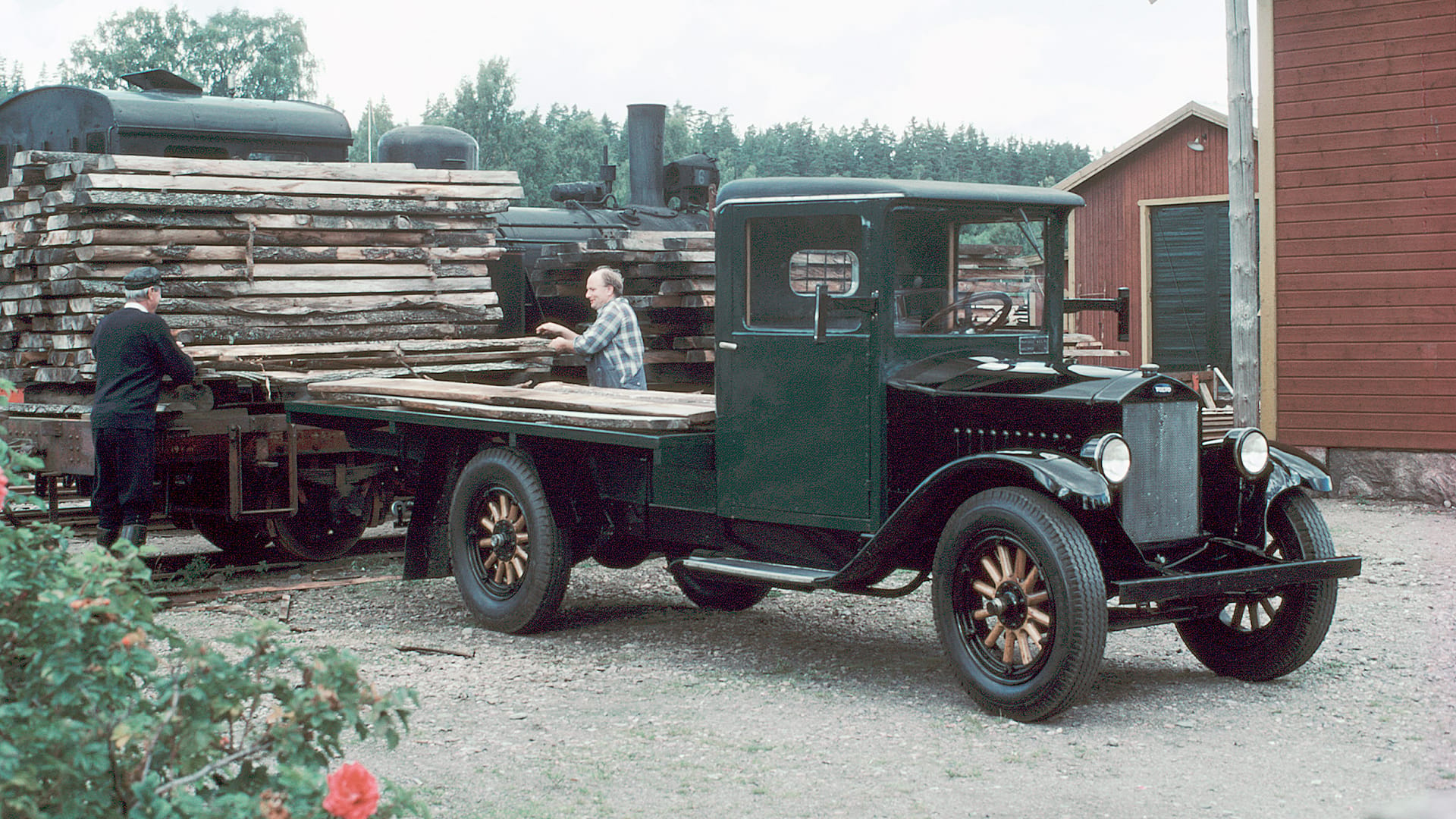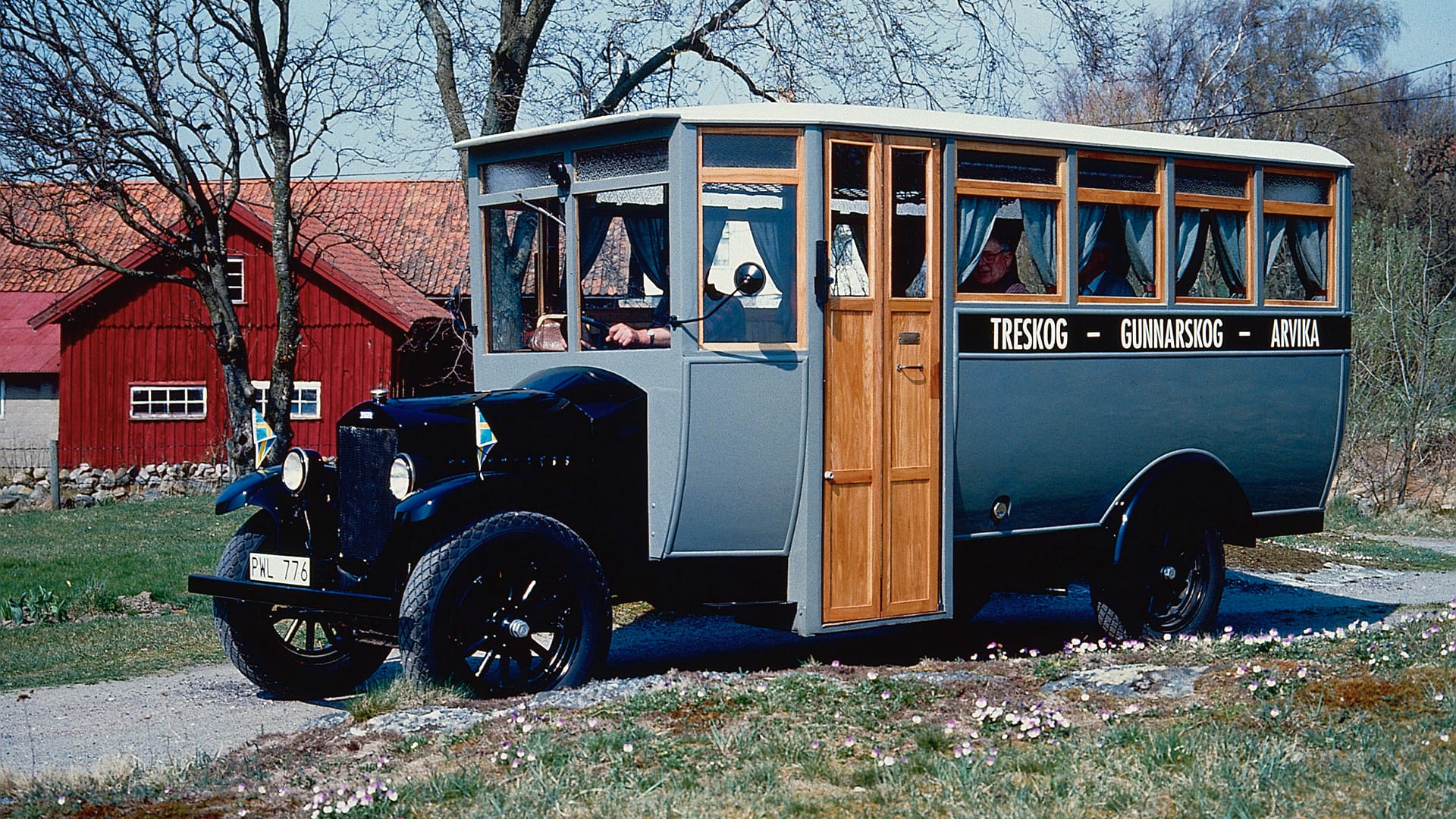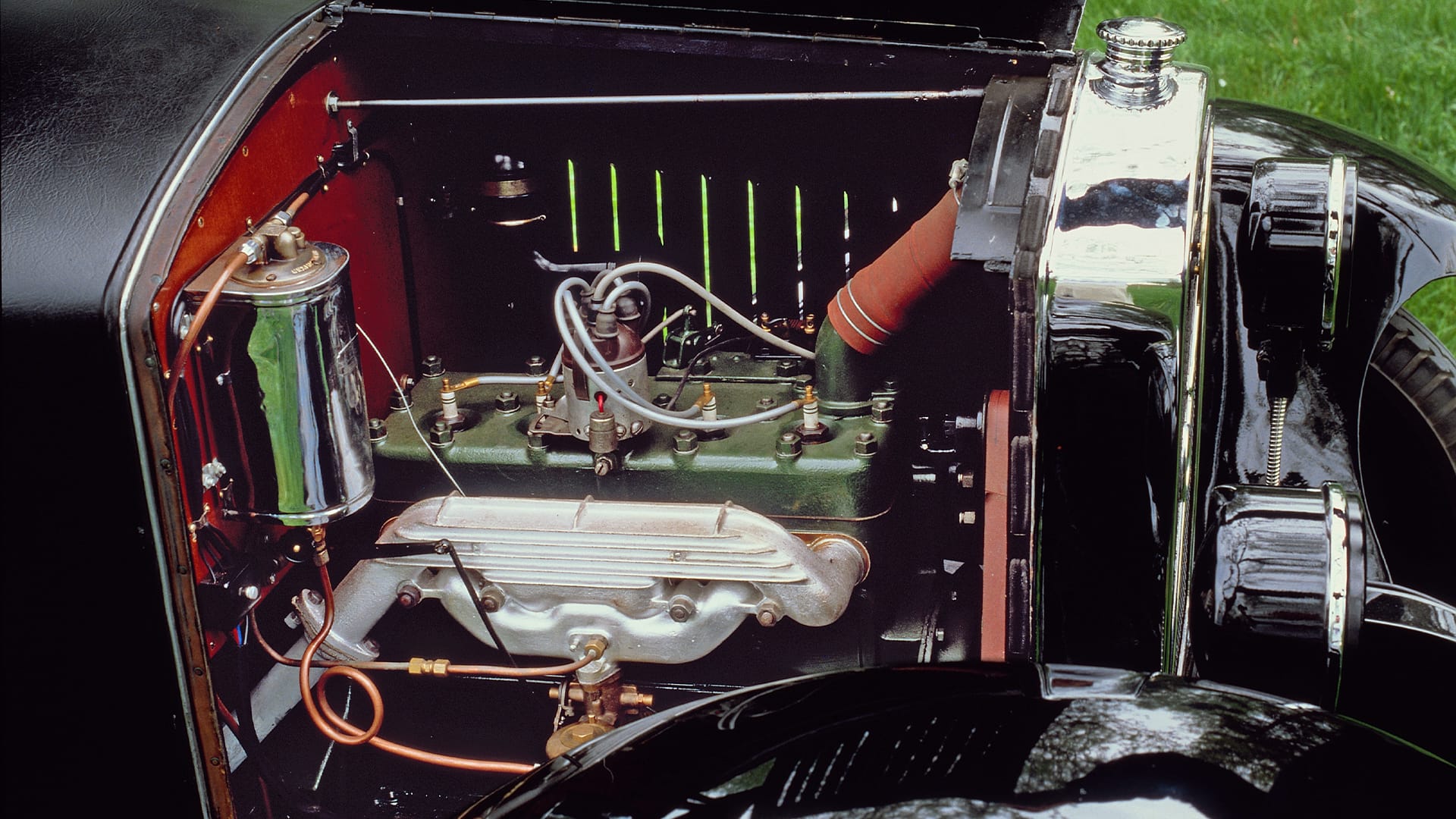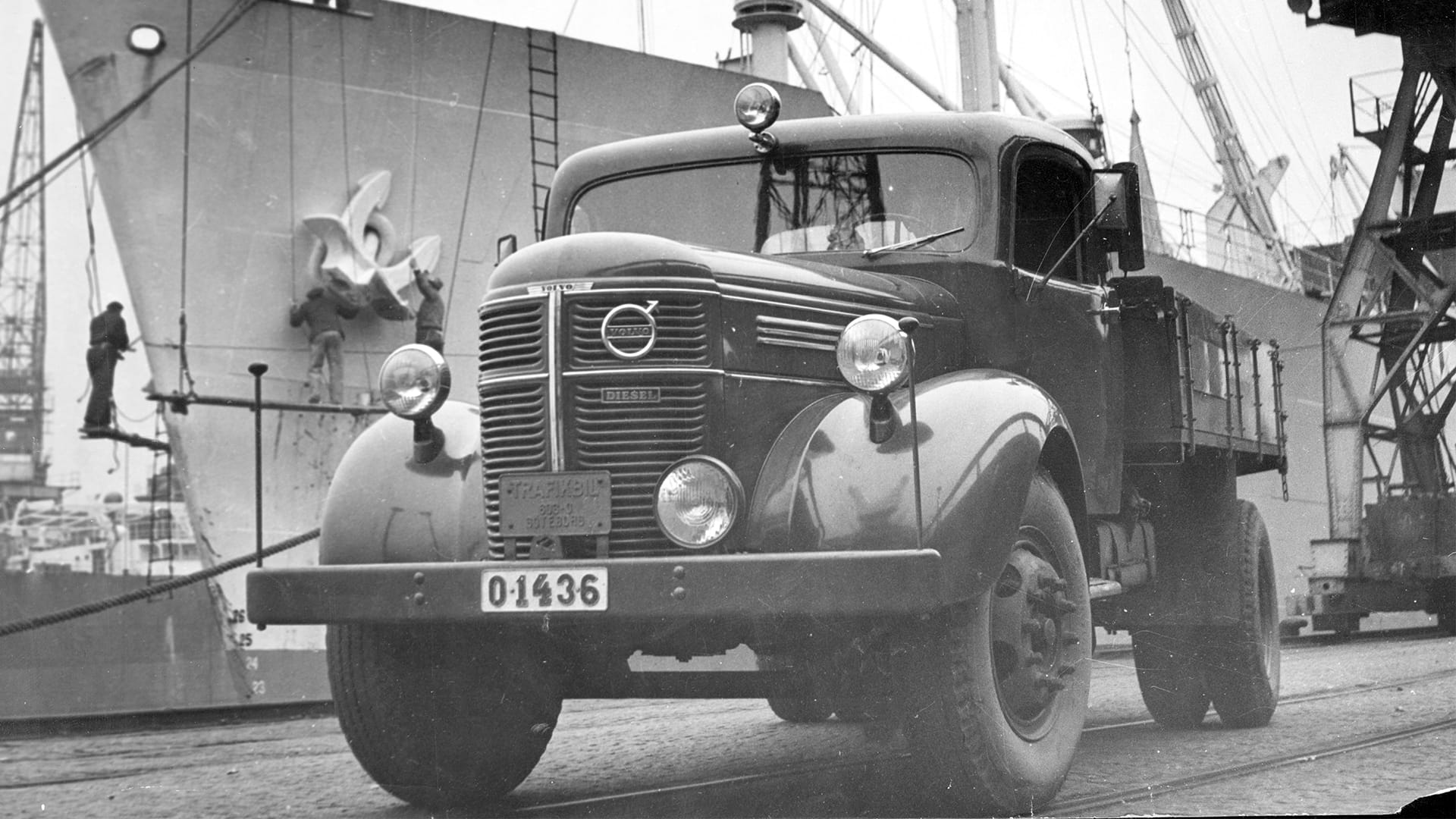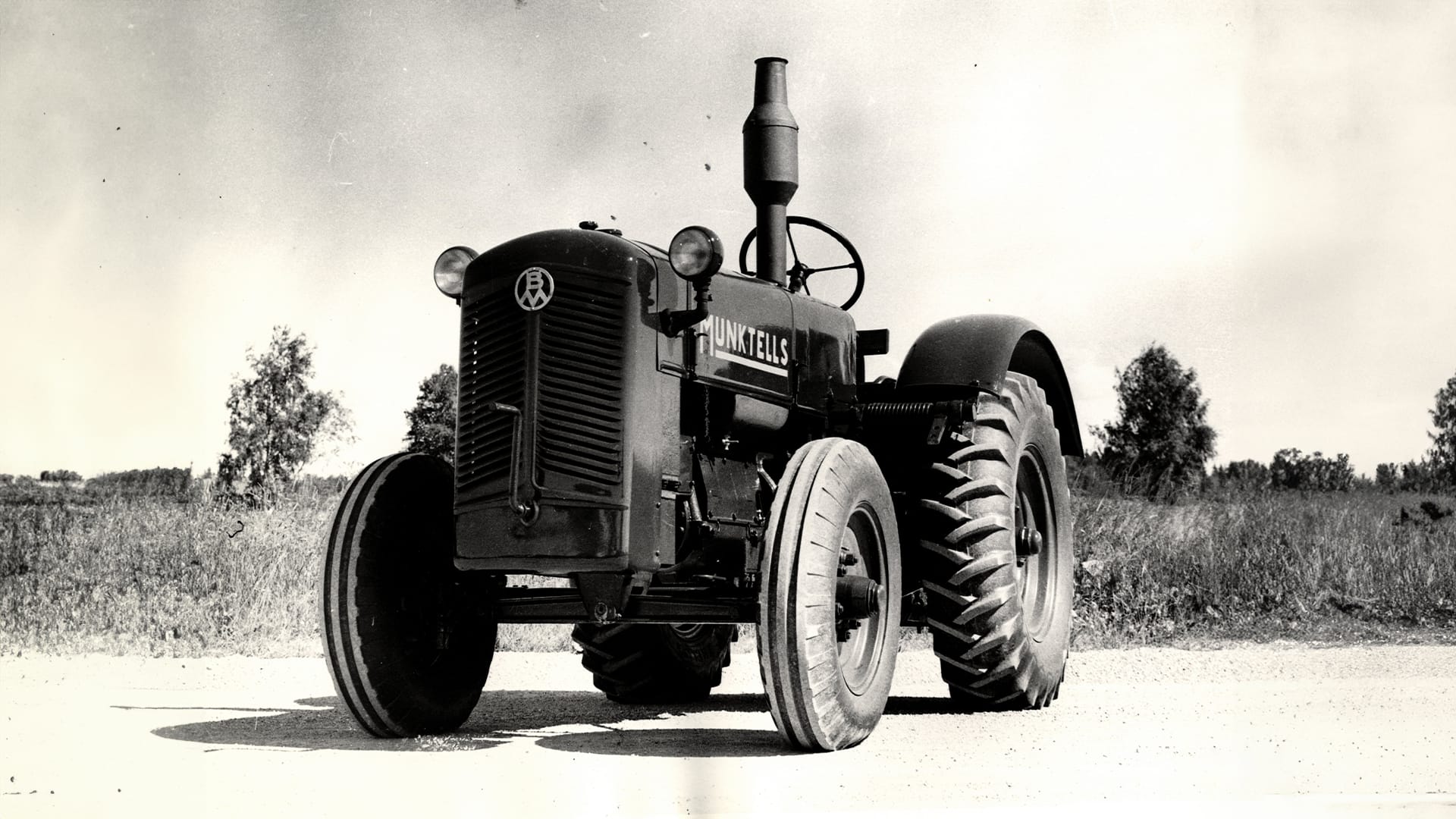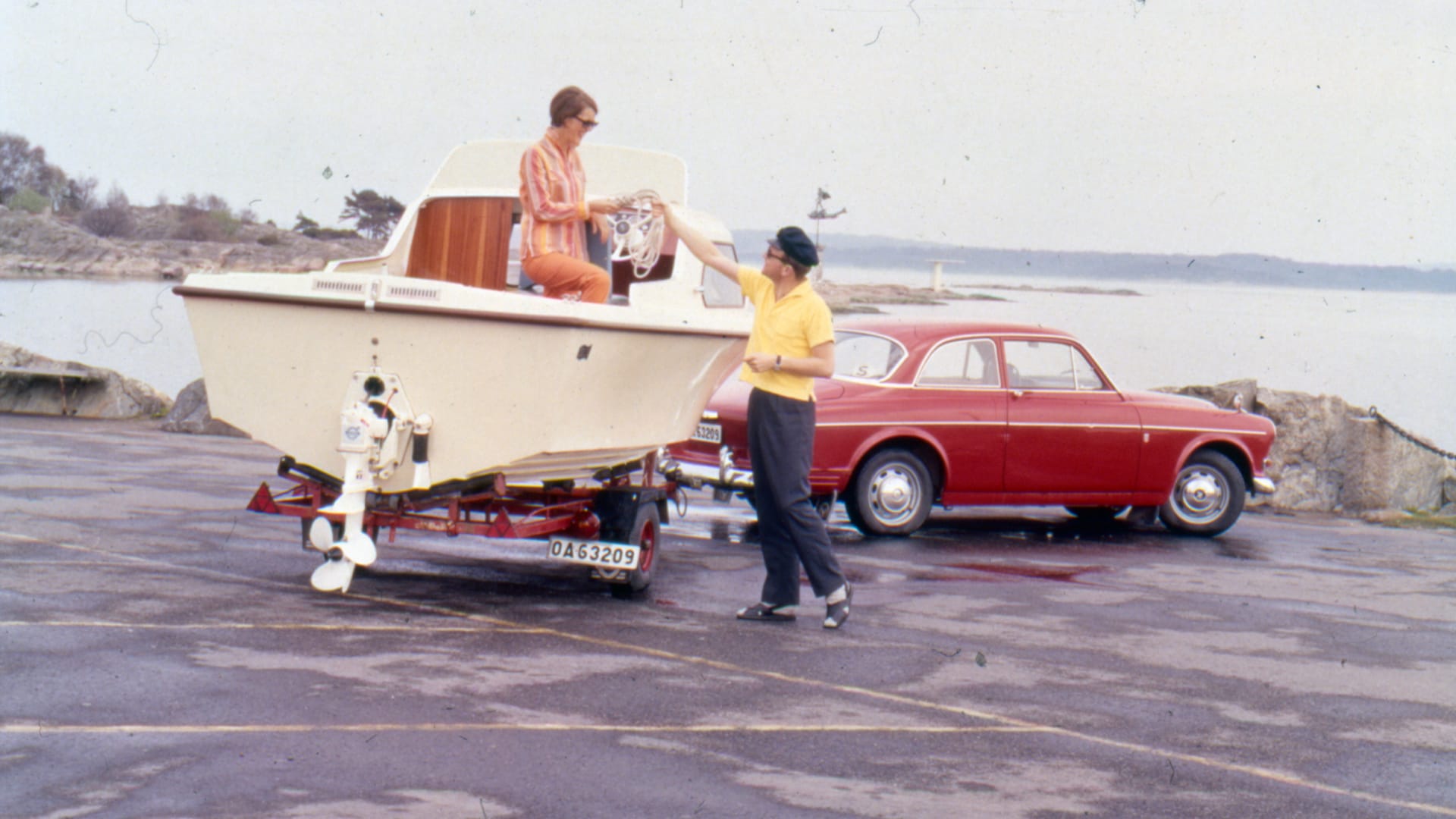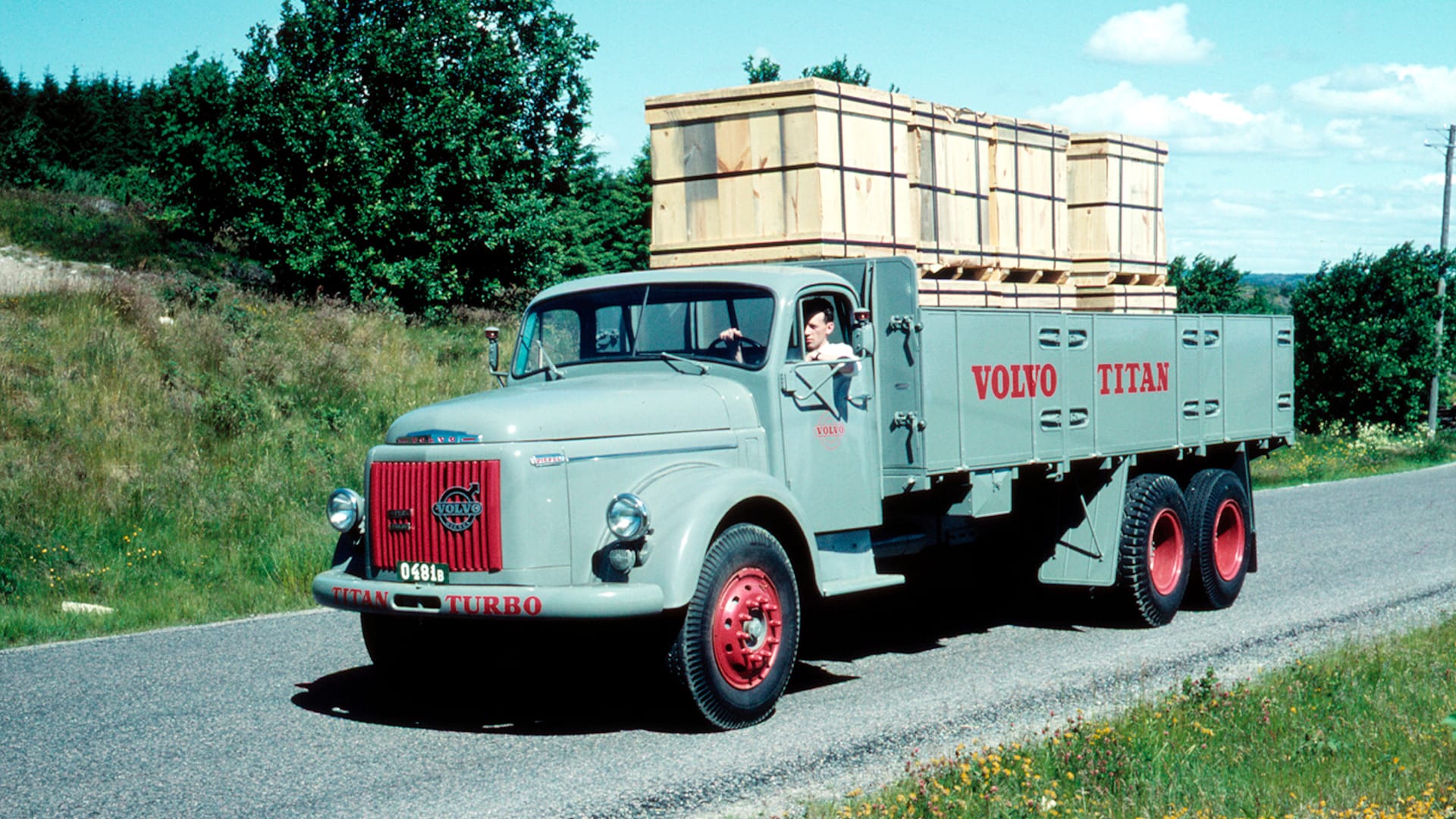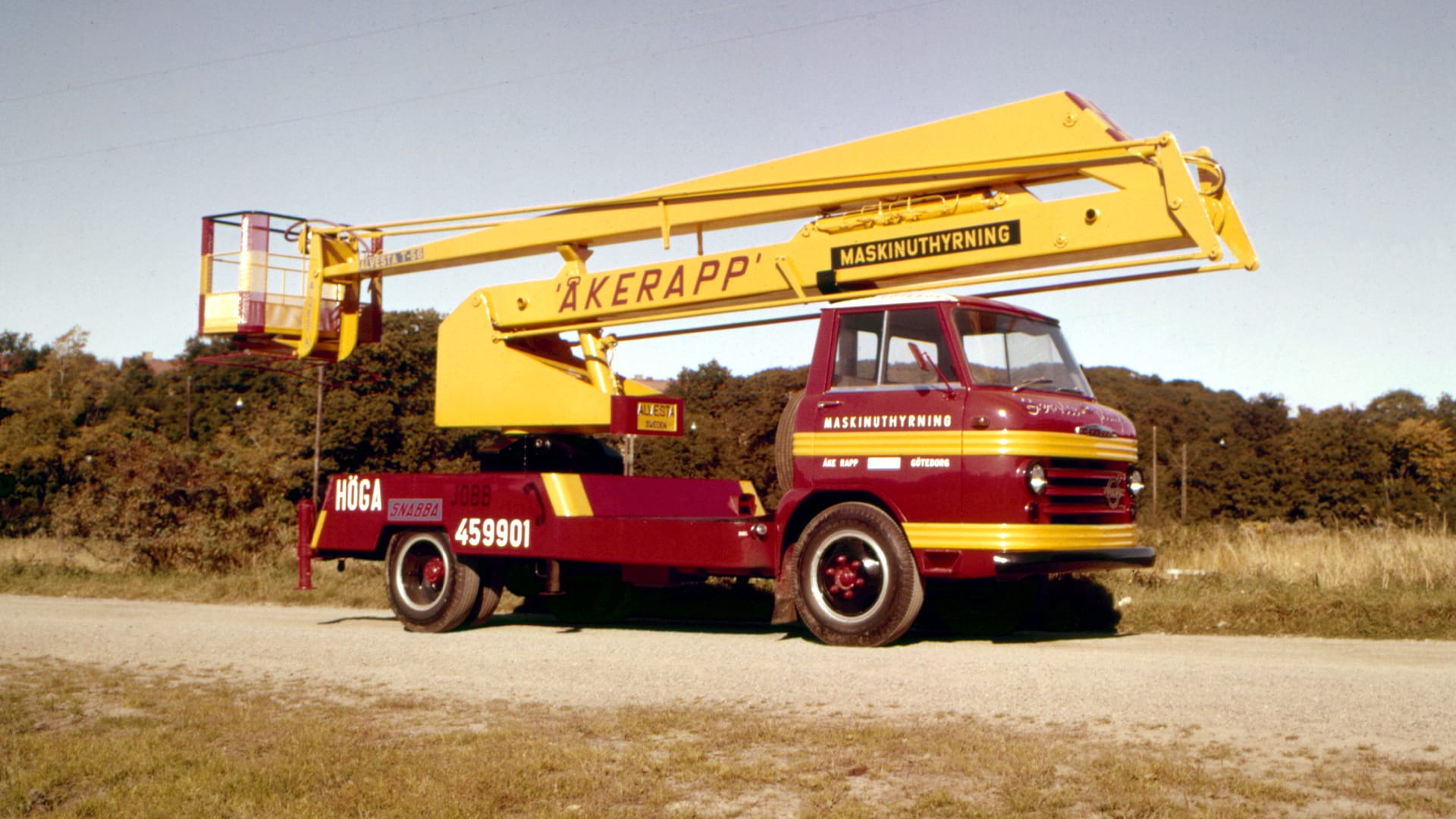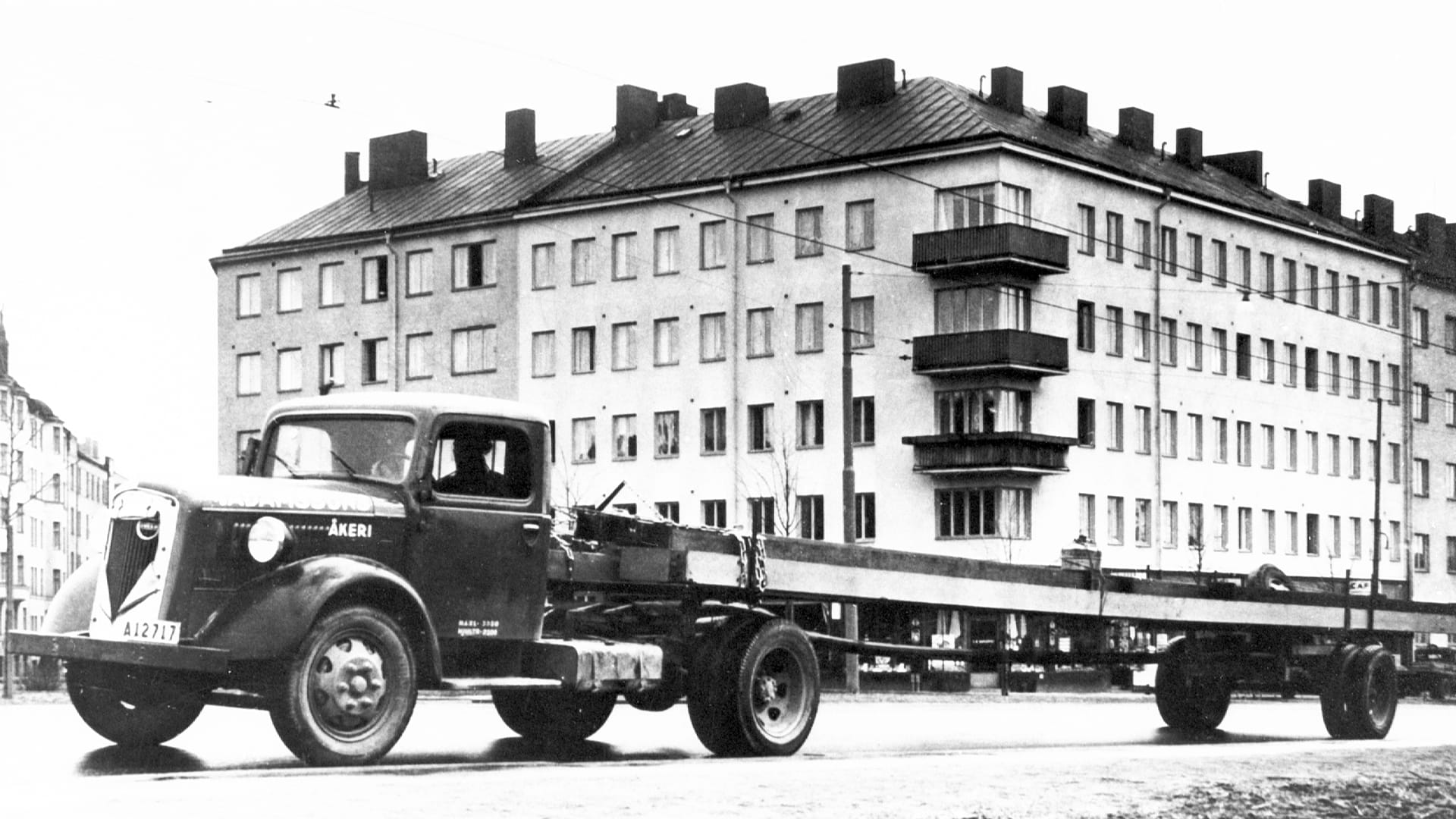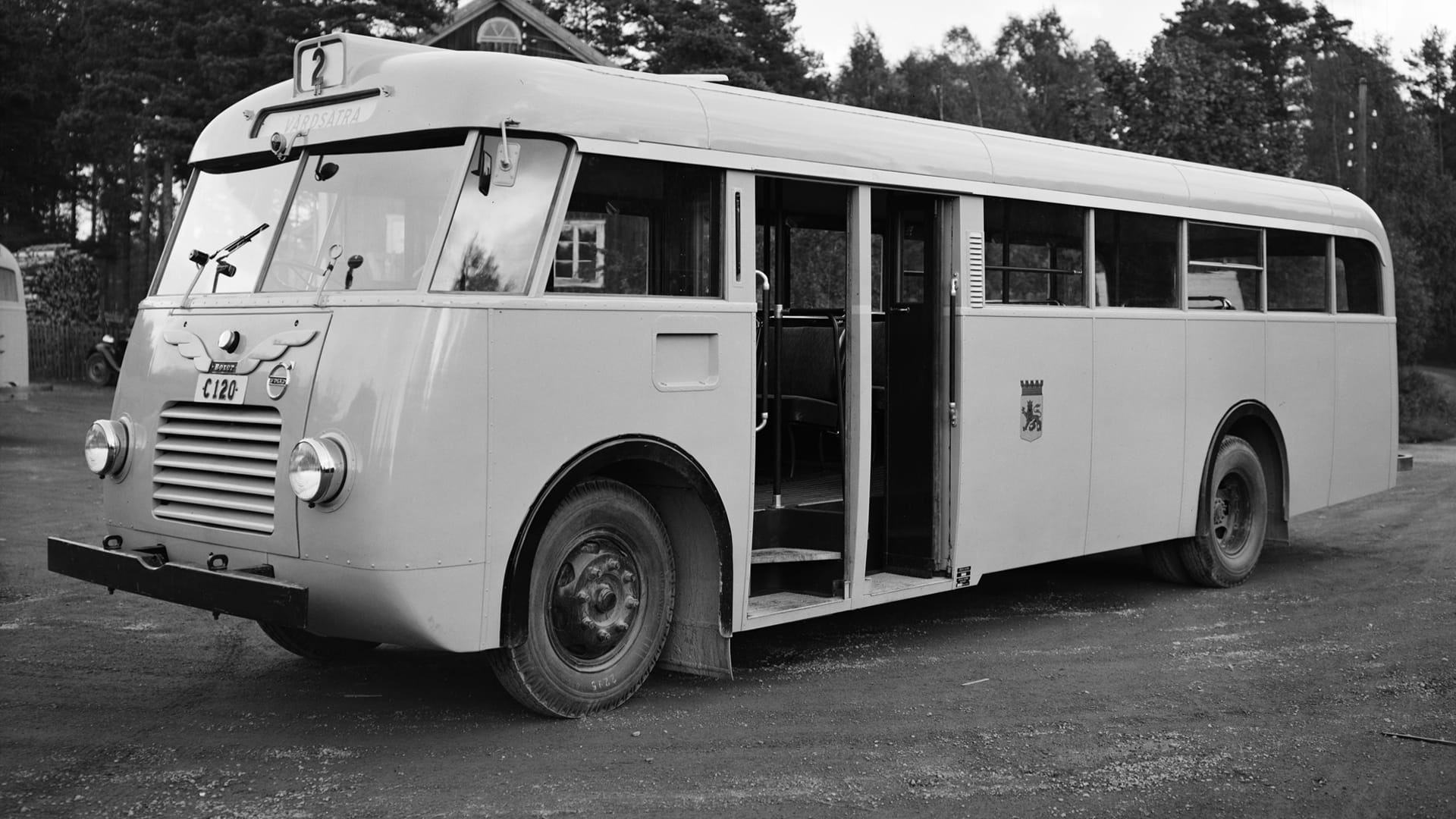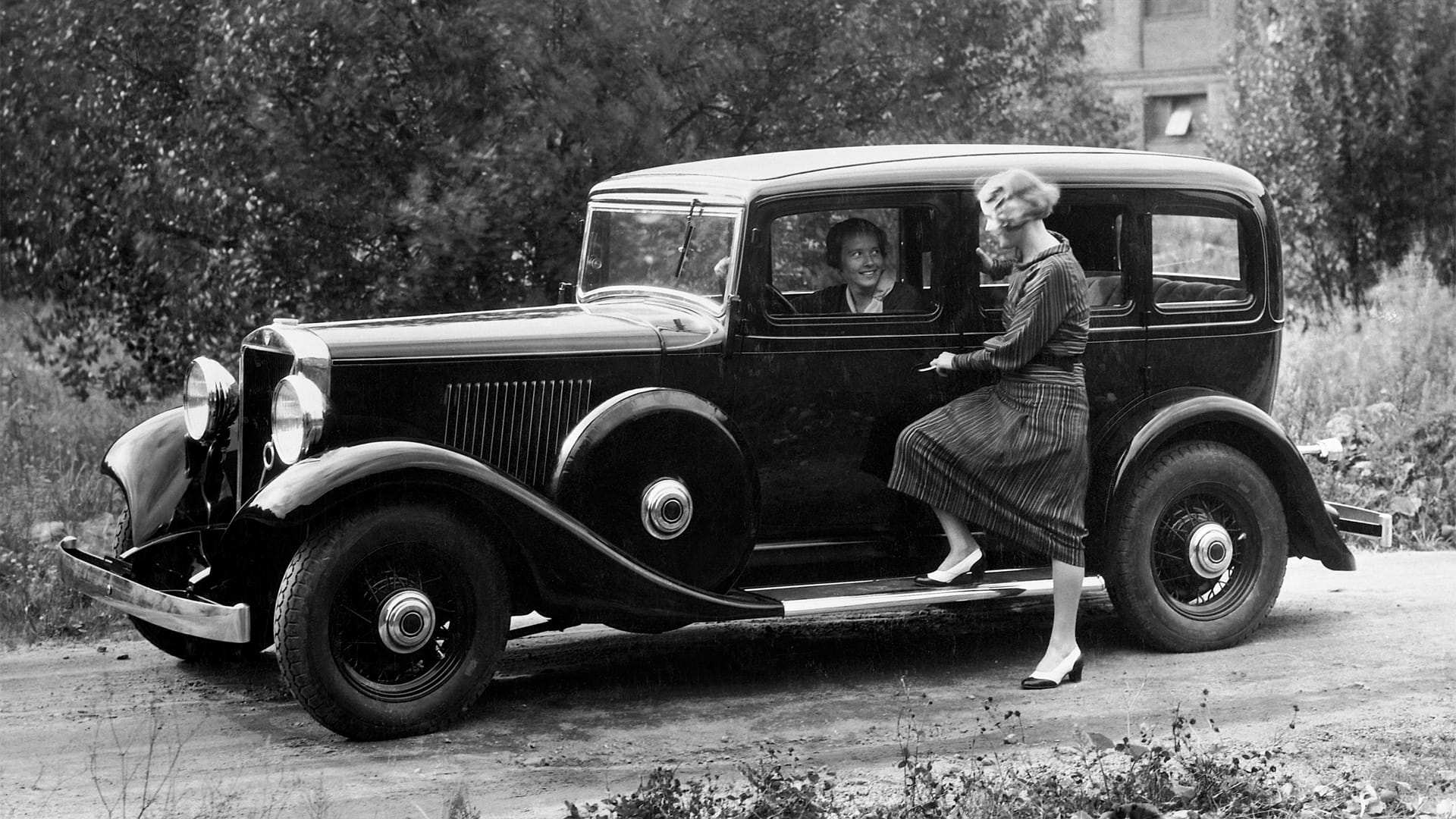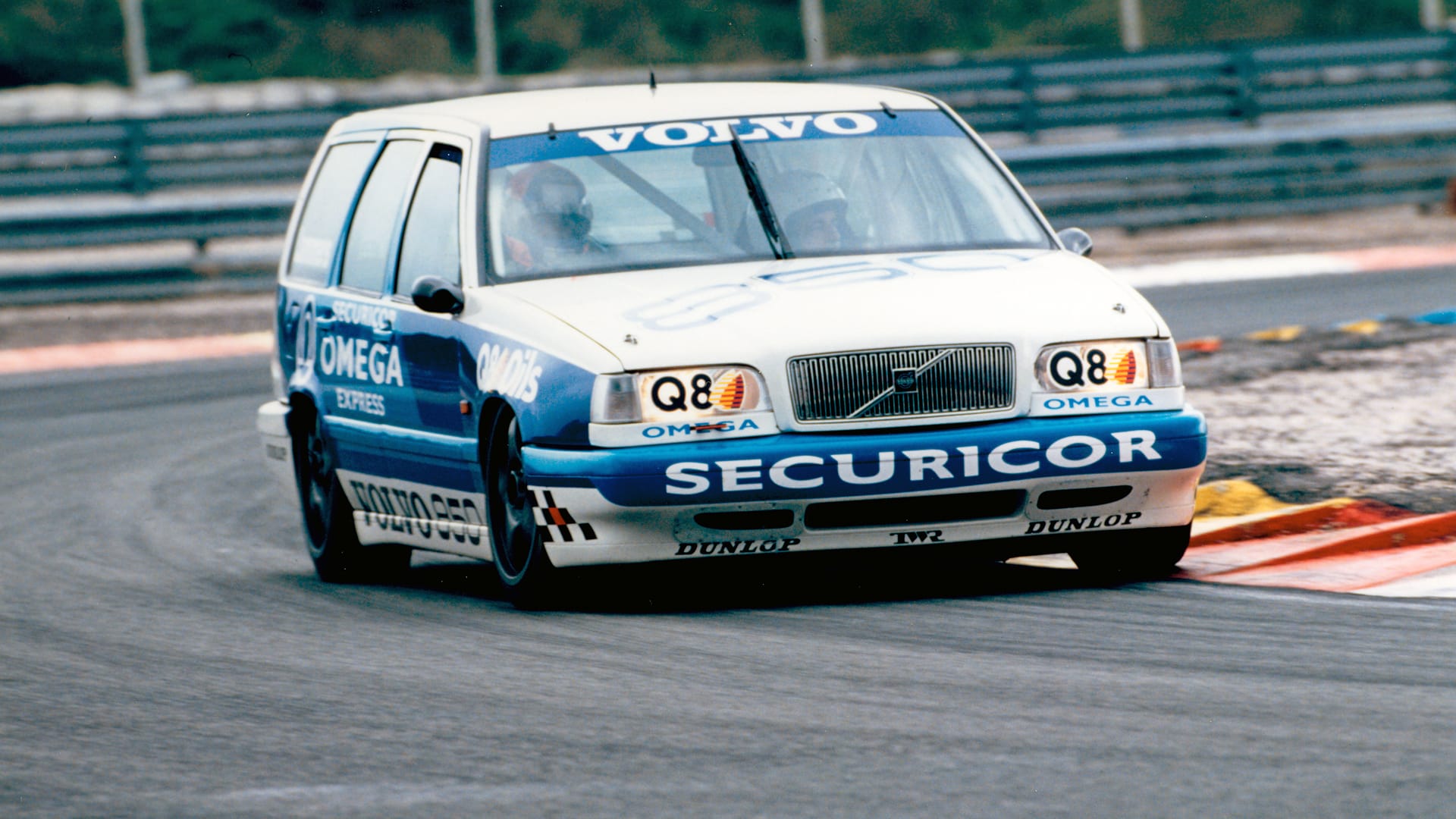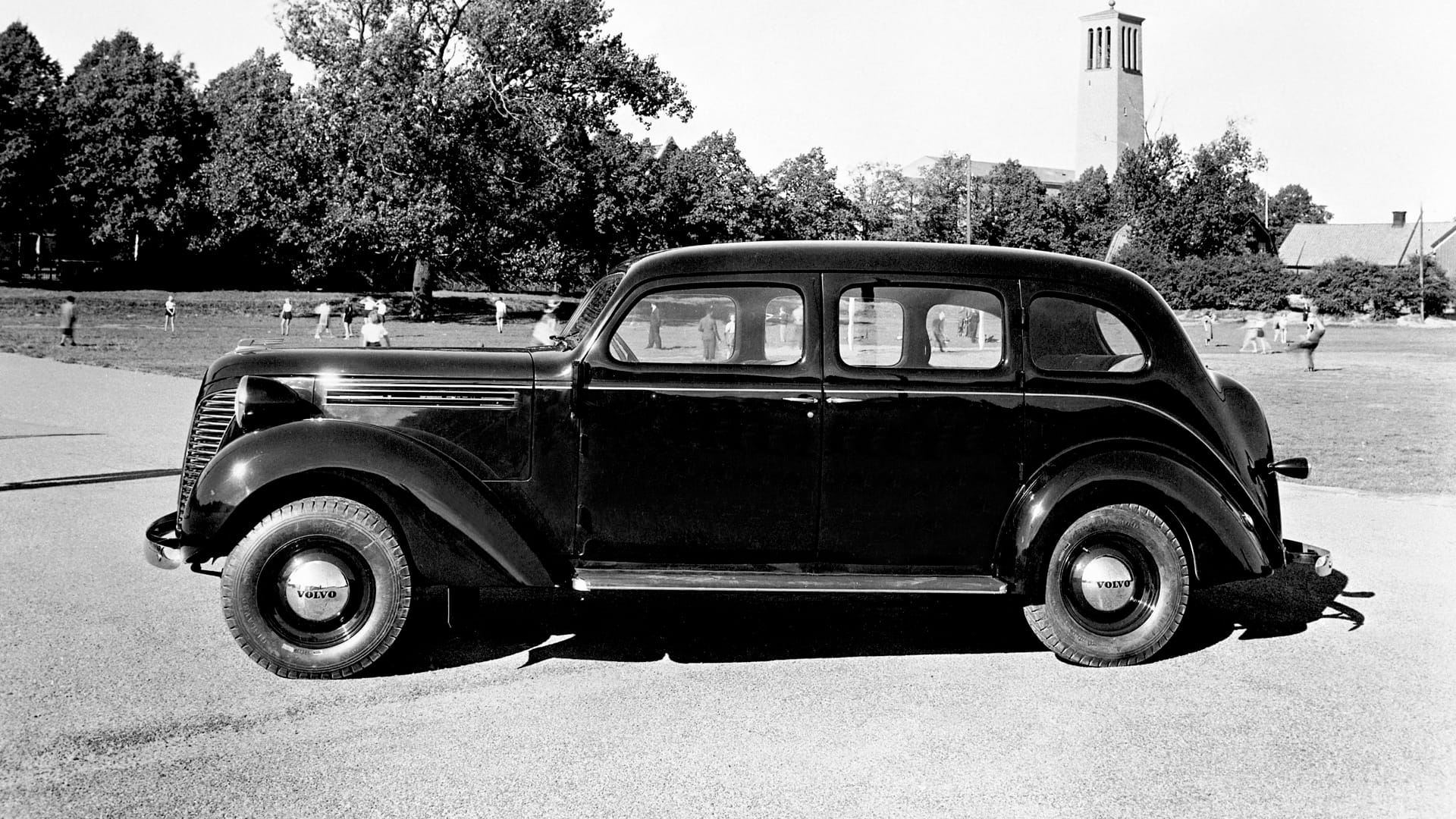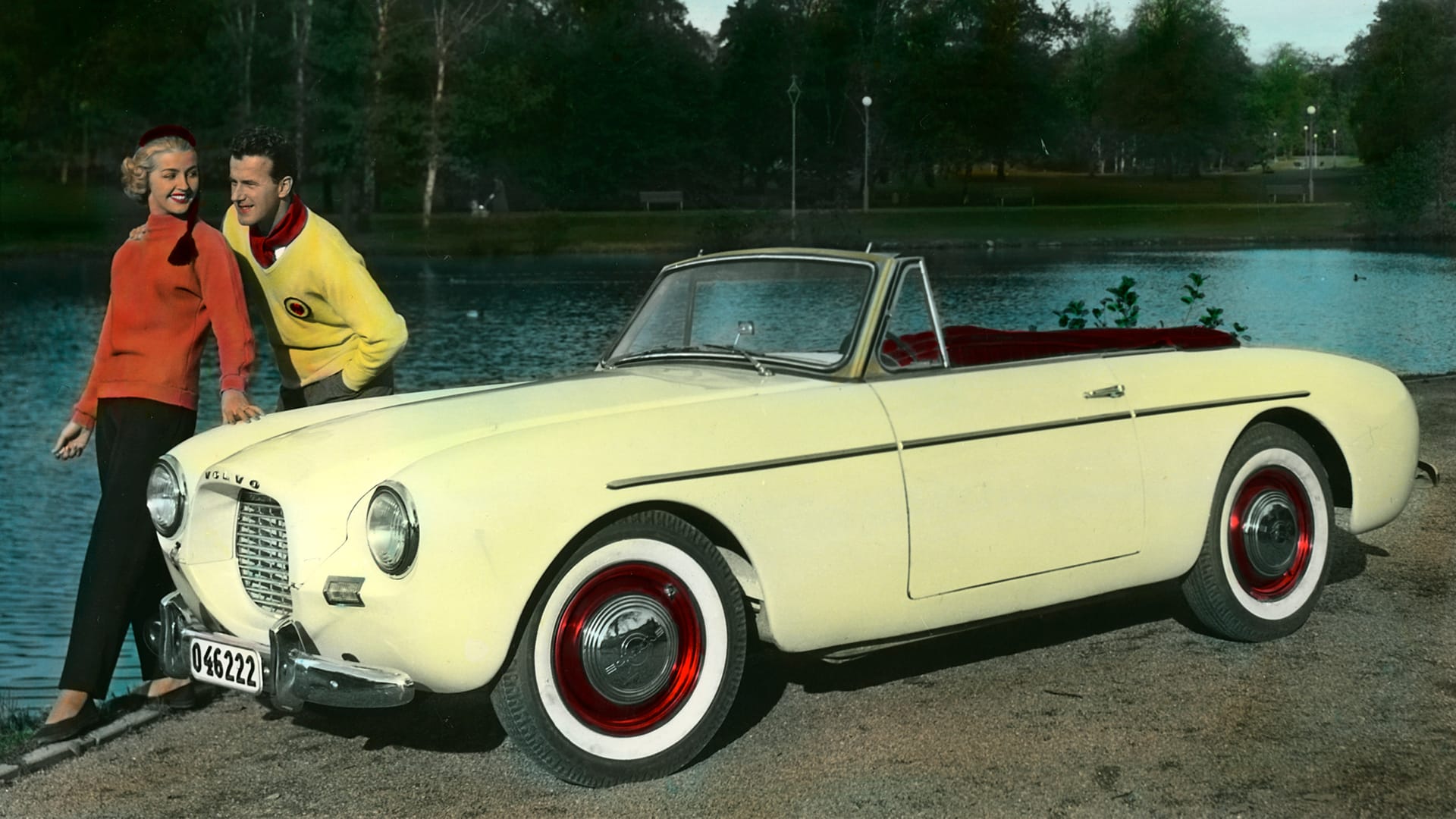YCC Your Concept Car
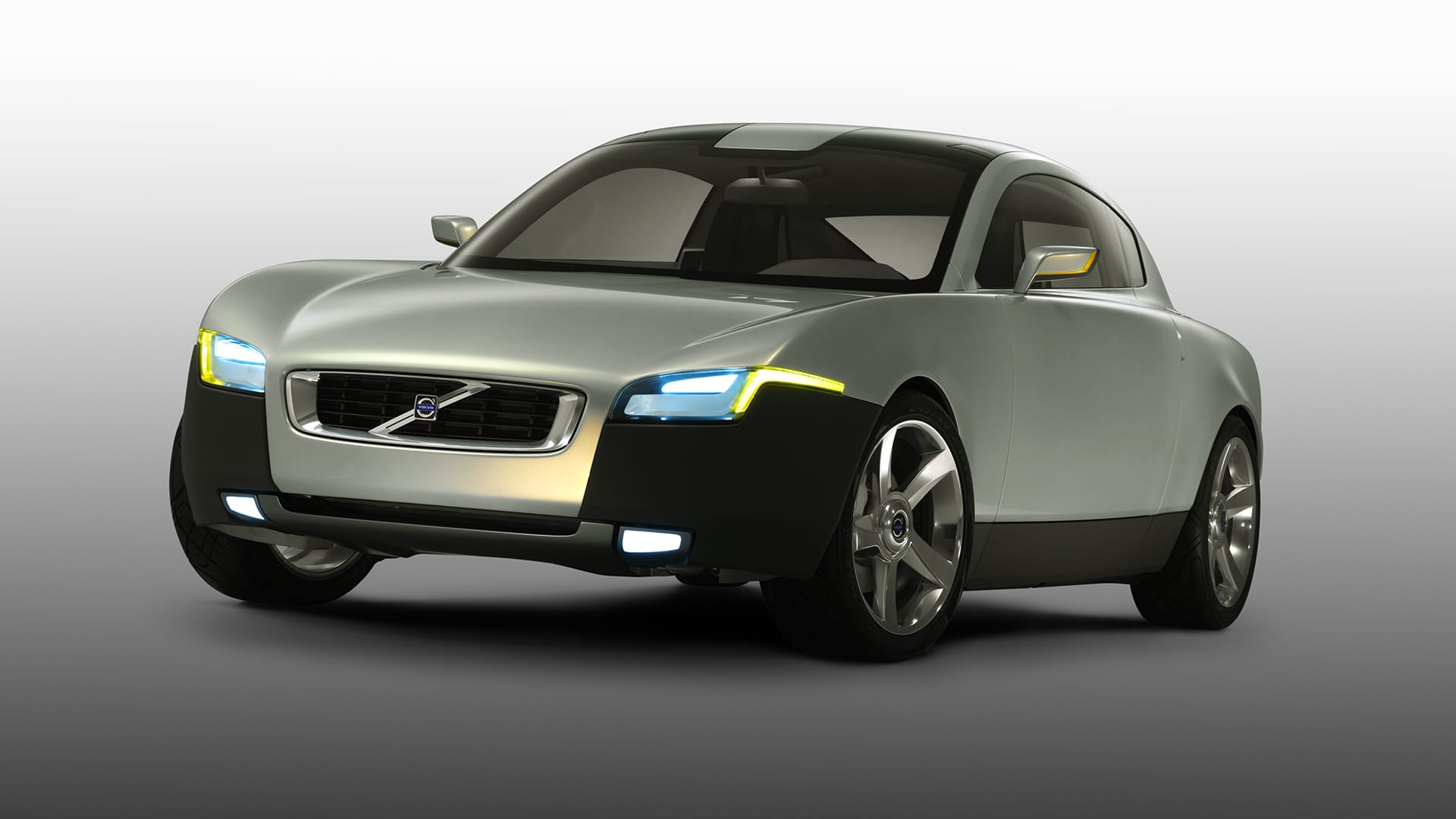
By women, for everyone
The concept car YCC (Your Concept Car) has been dubbed Volvo's women's car, but that's not even half the truth. It's correct that the car was developed by a group of women, but not exclusively for women.
YCC is meant to appeal to all customers. The idea for the car is born when an American expert on women's purchasing habits visits Volvo Cars in Gothenburg and says, "If you meet women's expectations, you exceed men's." The overarching goal is to create a car that is sporty, smart, and safe. The car should have good storage and be easy to maintain and park. YCC receives several awards for both design and innovative solutions.
It's not small, it's not pink, it's not even cute. Volvo YCC is indeed a car developed by women, but the result is not what is traditionally expected of a women's car, least of all when men make decisions about what such a car should look like. Even when work on the car begins, over half of Volvo's buyers in the USA are women, the highest proportion among all prestige brands. Around the world, women are increasingly influencing car purchasing decisions - and more and more women are buying cars. The reasons are several: more women are postponing having children, more women are working, and more women are divorced - but all are in need of a car.
If you meet women's expectations
The American expert on women's purchasing habits, Marti Barletta, visits Volvo Cars in Gothenburg in the autumn of 2001 and launches her thesis "If you meet women's expectations, you exceed men's." Then a spark ignites. Some of the women listening to the lecture call for a new meeting, and the work to develop a concept car where all decisions are made by women begins.
Positive CEO
A few months later, a first proposal is presented to the then CEO Hans-Olov Olsson. He immediately grabs hold of the idea: "This is a fantastic opportunity for us; we can focus on the rapidly growing group of female customers - without losing the men. Because I am convinced that our male customers will love this concept car." Many of the solutions that later appear in the car are also discovered and appreciated by men. The concept car YCC changes its name from the first draft to when the project starts, from My Concept Car to Your Concept Car.
The most demanding customer
The idea is to truly focus on the customer, but the aim is set on the buyers considered to be the most demanding: independent professional women seeking cars in the premium segment. The project management team behind the car consists of nine members: Camilla Palmertz, Eva-Lisa Andersson, Elna Holmberg, Maria Widell Christiansen, Tatiana Butovitsch Temm, Anna Rosén, Cynthia Charwick, and Maria Uggla, all with different skills and responsibilities. When the technical manager Elna Holmberg goes on maternity leave, Lena Ekelund steps in as a substitute. In total, about 140 people will work on the project, of which just over 55 percent are women. The budget is typical for a concept car, around 25-30 million SEK and takes 14 months to complete - from the starting gun on December 18, 2002, to the premiere at the Geneva Motor Show on March 4, 2004.
The customer in the moment
The guiding star of the project becomes a hypothetical woman, called "Eve" or the customer-in-the-moment. In a frozen moment, she is in the midst of her career journey, having a good hair day, but needs to find a parking spot. She demands quality and style, has money to spend, a laptop in hand, is dressed in a denim skirt, is meeting her sister for lunch, and doing yoga in the evening. But now she's been shopping, is short on time, and needs to make a few phone calls. So what does such a woman wish for in a car?
On the right track
The management team invites 360 women at Volvo to a meeting, explains the project, and asks what they miss in cars, and the answers surprisingly coincide: better storage and ergonomics, easier parking and maintenance. Storage in a women's car could mostly be about the ability to get rid of the handbag, but it's just as much about where to put the mobile phone, keys, laptop, portfolio, and gym bag. As someone points out: here the automotive industry has spent thousands of hours creating smart cup holders - and then they're used to store mobile phones.
Storage, storage, storage
To be close at hand, however, the best place for a handbag is typically between the front seats. But the space is usually occupied by a gear lever and a parking brake lever. In the YCC, the space is freed up by moving the gear selector to the steering wheel and the parking brake is electronic and integrated. There is a shallow compartment in the centre console for keys, phones, coins, and other small items, and underneath it, a deeper storage compartment for a handbag, for example. There are also compartments for the laptop, a cooler that you can reach from the driver's seat, and a trash can. The rear seat is also freed up for storage, by folding up the seat cushions like in movie theatre seats.
Easy access
Another request is for it to be easy to get in and out of the car. Therefore, the car is equipped with gull-wing doors, which also offer other advantages: it's easy to place a bag behind the driver's seat, and the side view is who even better since the door pillar is moved backwards. Additionally, the chassis can be raised to facilitate entry and exit, while the door sill rotates out of the way. At delivery, the driver scans their body at the dealership, and the body measurements are stored in the key. When connected to the car, the seat, steering wheel, pedals, headrest, and seatbelt are automatically adjusted. The door and the tailgate can also be opened automatically when the driver approaches the car.
Parking assistance
YCC has a five-cylinder low-emission engine with 215 horsepower with an integrated starter-generator (ISG). Power is transmitted via a six-speed dual-clutch gearbox, operated from the steering wheel. Parking assistance is also something requested by women - and by men. However, analyses show that women park in more different places than men, who mostly drive between home and work. YCC handles parallel parking by itself with two simple button presses: first, the parking space is measured, then the car takes care of the steering.
Easier maintenance
Another goal of YCC is to simplify maintenance. Therefore, the car owner cannot open the hood. Gasoline and windshield washer fluid are filled on the side of the driver's door, in a ball valve without hatches or covers, in the same way as in racing cars. When it's time for service, the car's diagnostic system sends a message to the workshop, which in turn suggests a time for a visit. But it's also possible to book cleaning of the car, both outside and inside, via a button, "Car Care," on the instrument panel. Washing the outside is extra convenient because the car is painted in an easy clean paint, which works much like a non-stick frying pan.
Living room feel
Seat cushions and carpets are both washable and replaceable, so the car can easily change character. YCC has eight different cushions to choose from, from leather to wool, supplemented with matching replaceable carpets, soft enough so the right shoe doesn't get ruined. The interior is Scandinavian, with plenty of space and light, and materials more commonly found in homes, such as laminated oak, brushed aluminium, and moulded saddle leather.
Elegant muscles
The exterior design is about creating a beautiful and elegant car that isn't rough - but tough. The front is low, the shoulders are muscular. The focus has been on good visibility, both forward and backwards. The lines of the body somewhat resemble the P1800, but Volvo's V-mark on the hood is inverted. The bumpers and sides are covered in a robust material that makes the car more durable. The overall goal with YCC is a car that is sporty, smart, and safe - and the common thread is to give the driver control: in the car, in traffic, and in life.
Press clippings for kilometres
The car is a success when it is shown at the Geneva Motor Show - and is then shown to journalists and guests around the world for two years. The attention is both overwhelming and positive. A few weeks after its launch, YCC ranks sixth on the Washington Post's buzz list of what people are talking about. Few car models have had such an impact outside the automotive world.
Awards galore
More than 25 of the issues the car identified have been addressed in production cars, not only from Volvo. YCC wins a range of awards and honours, including the Swedish Design Award Form 2006 from the Swedish Advertising Association and the Swedish Industrial Design Foundation SVID, "The Golden Spark Plug" from the Swedish Automobile Association 2003, "Best Concept Car" from design guru Ross Lovegrove 2004, "Best design in show" from New York Daily News 2004, "Torsten and Wanja Söderberg's Nordic Prize in Design and Craft" 2005, and "Woman of the Year" from Automotive News Europe 2005.
Headrest for ponytails
Despite all the innovative thinking, there are ideas behind YCC that remain to be implemented. For example, headrests with a groove for ponytails have not yet been launched, even though many men now have a hair knot. That example clearly shows how to exceed men's expectations - by meeting women's.




